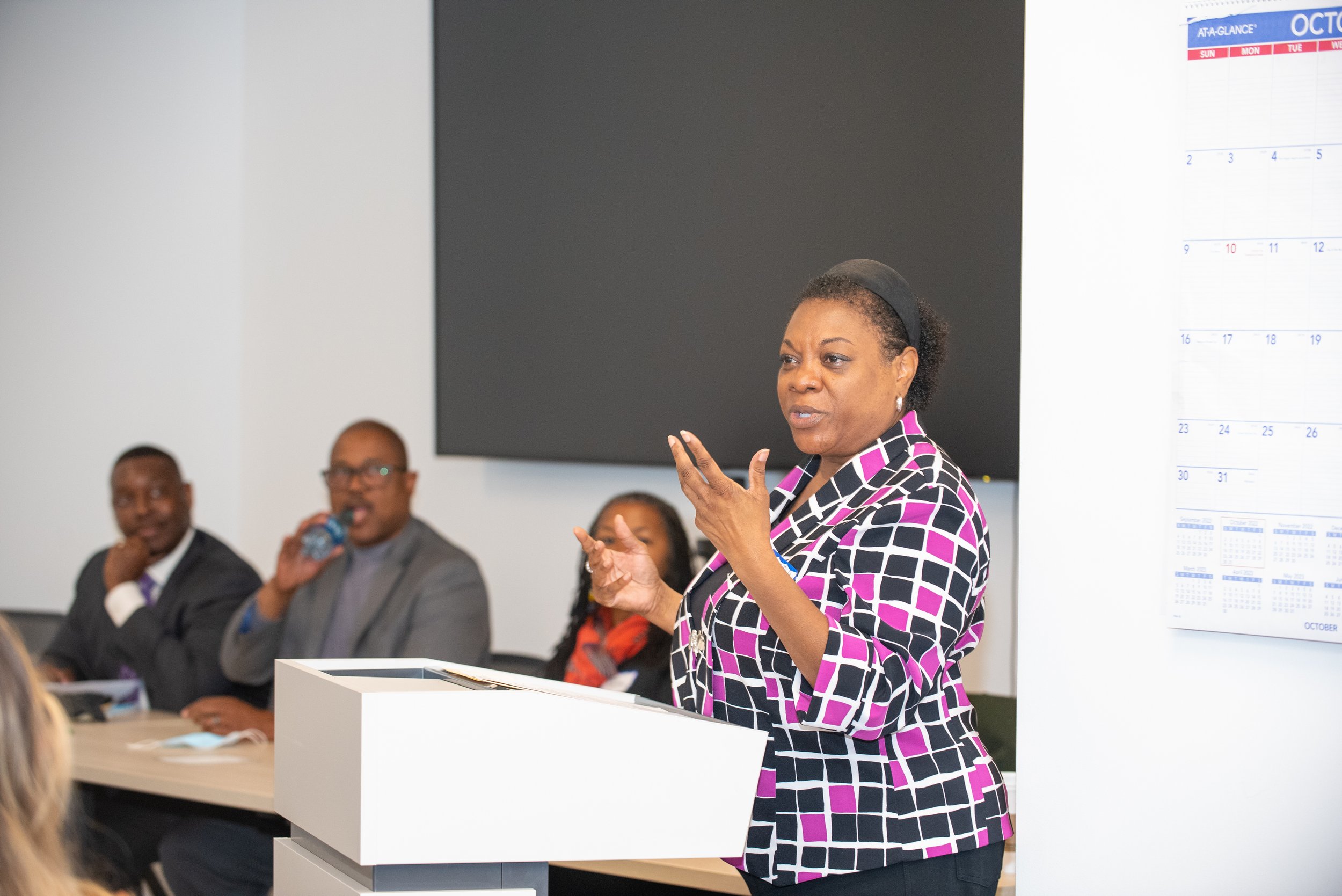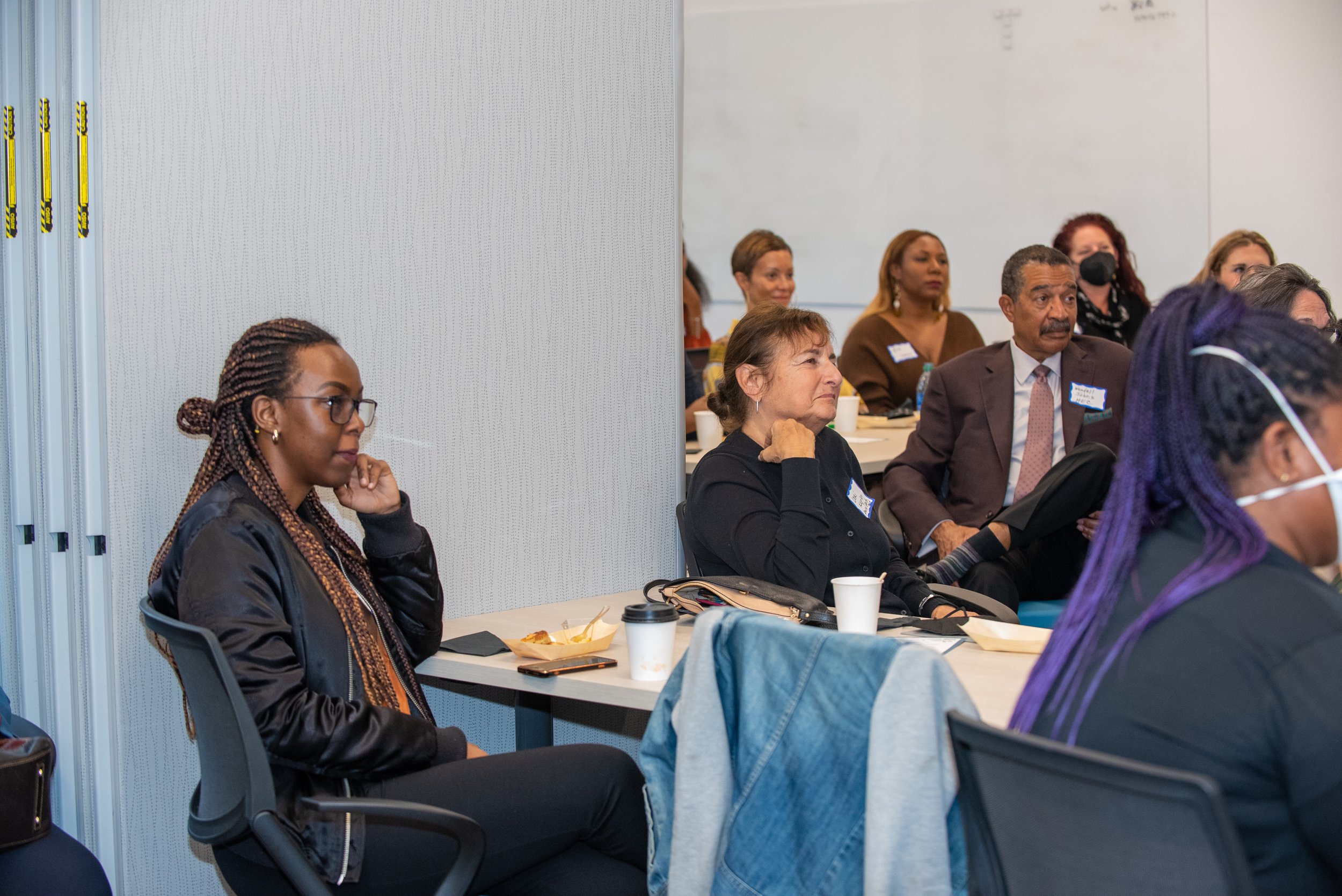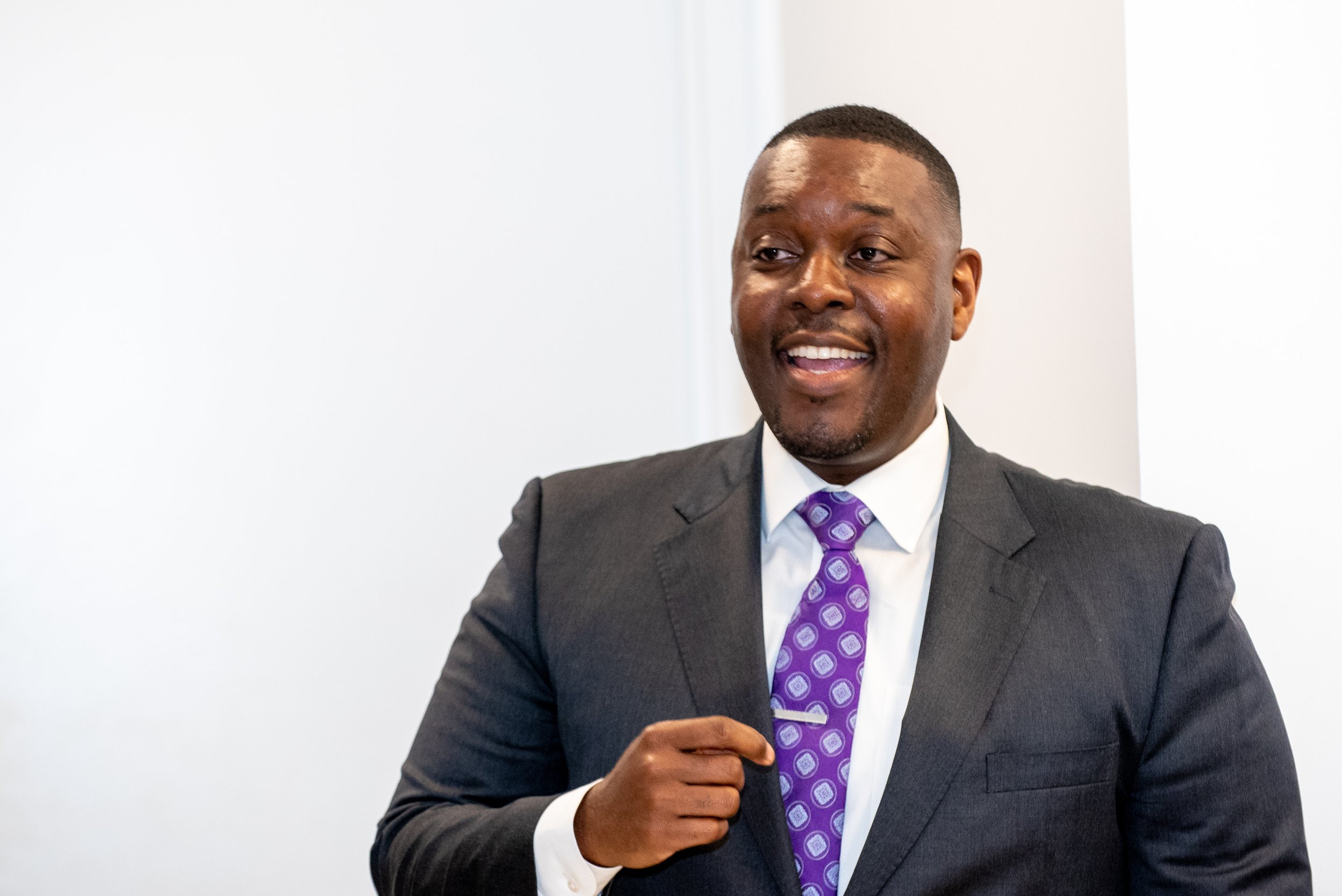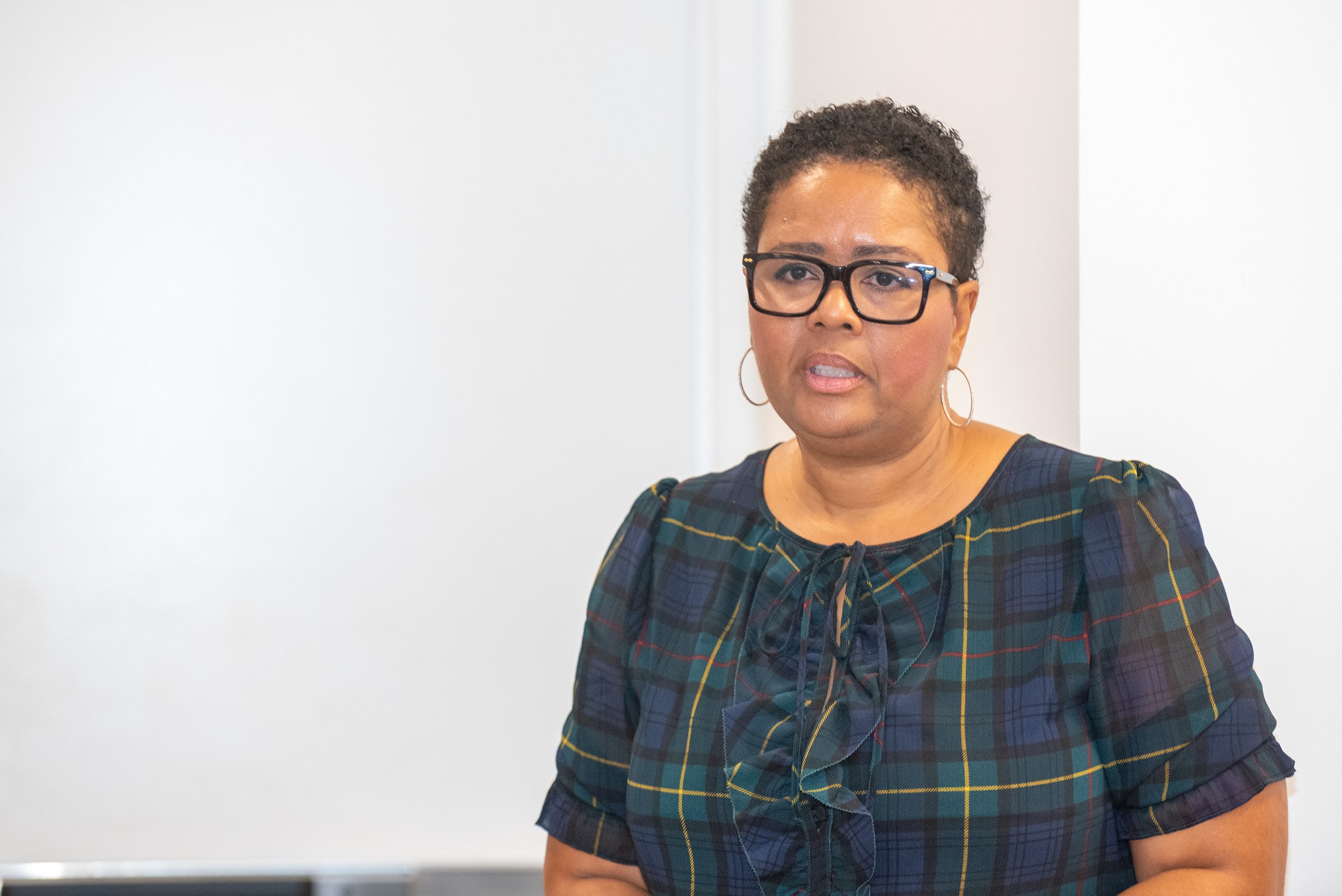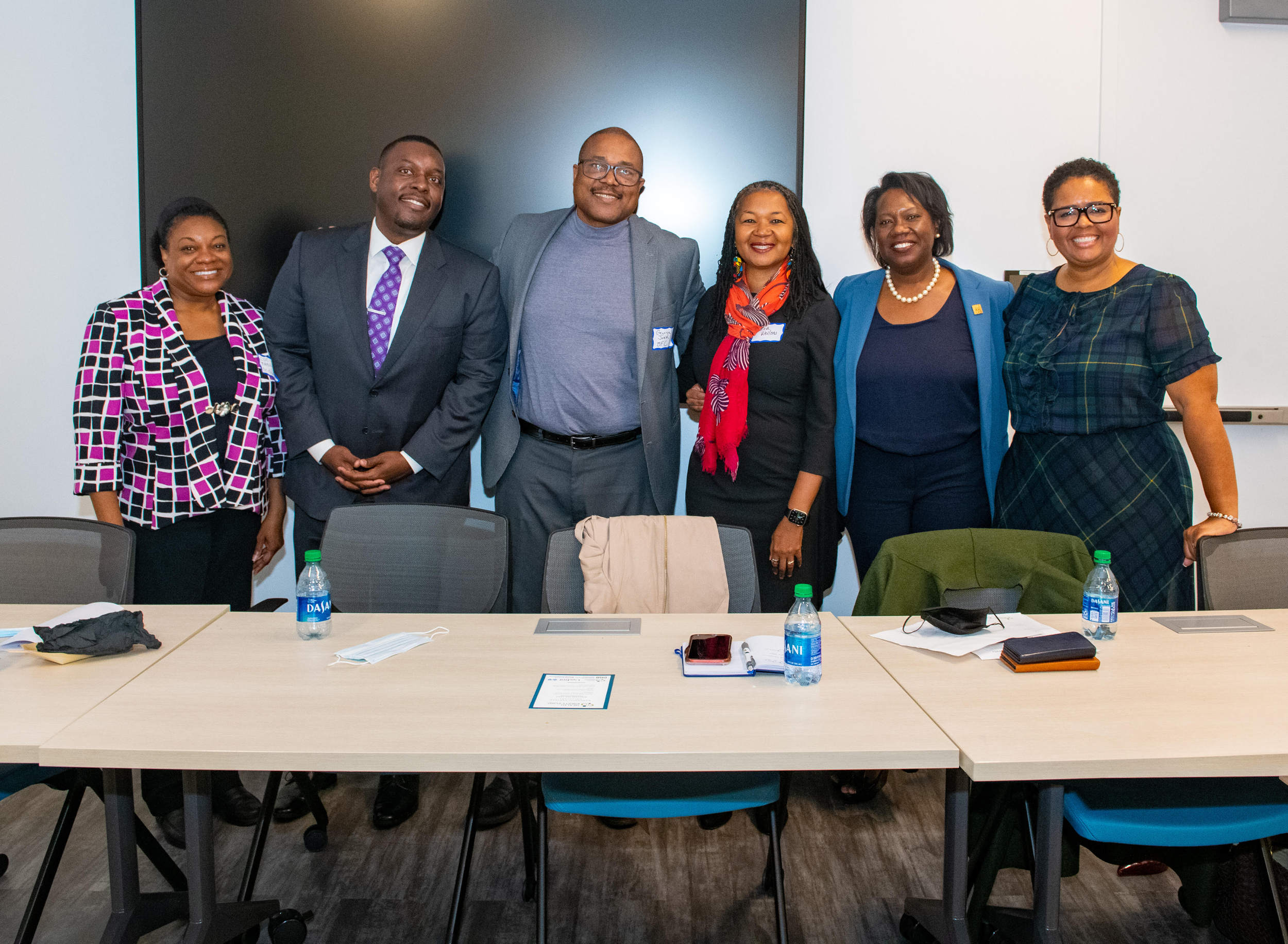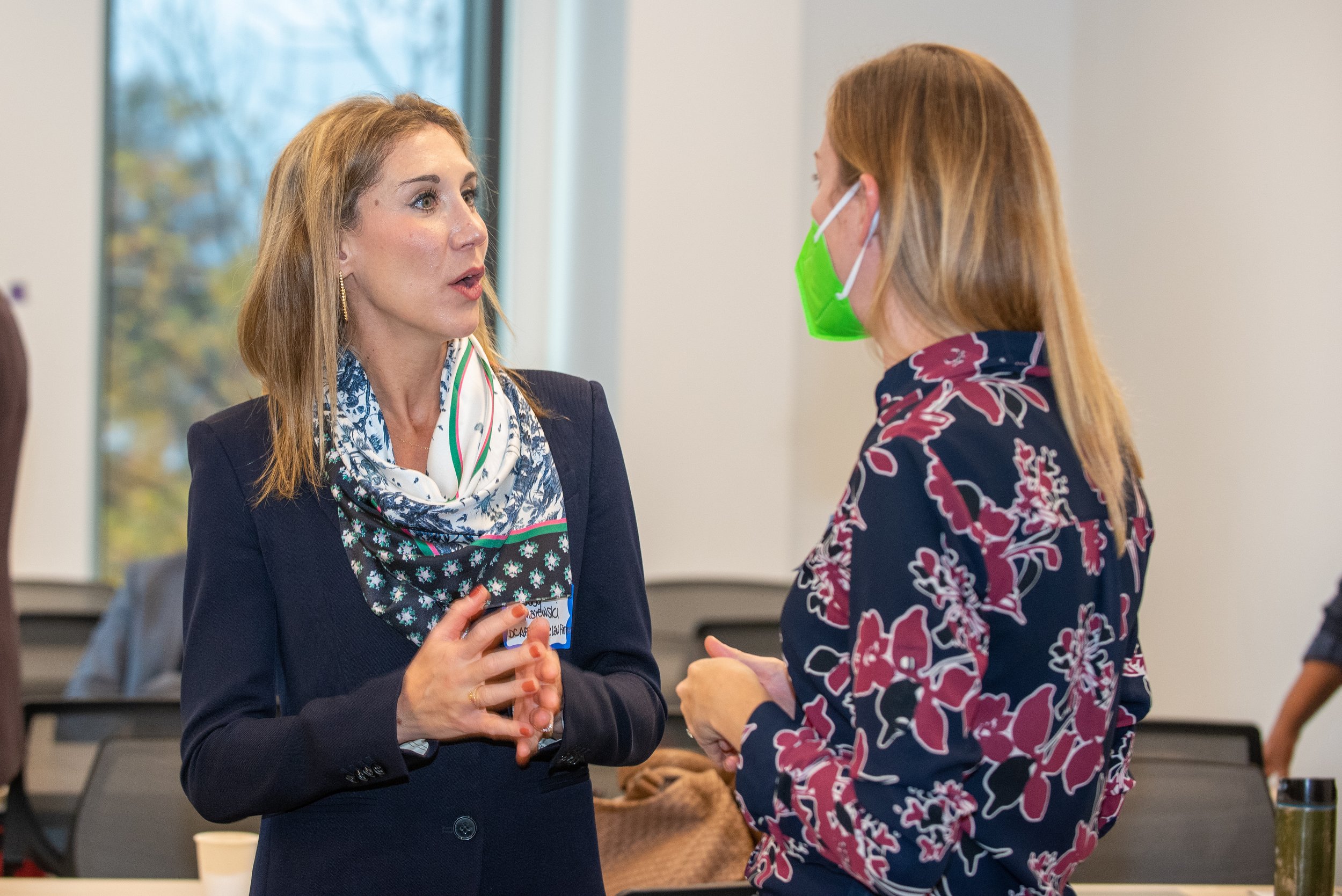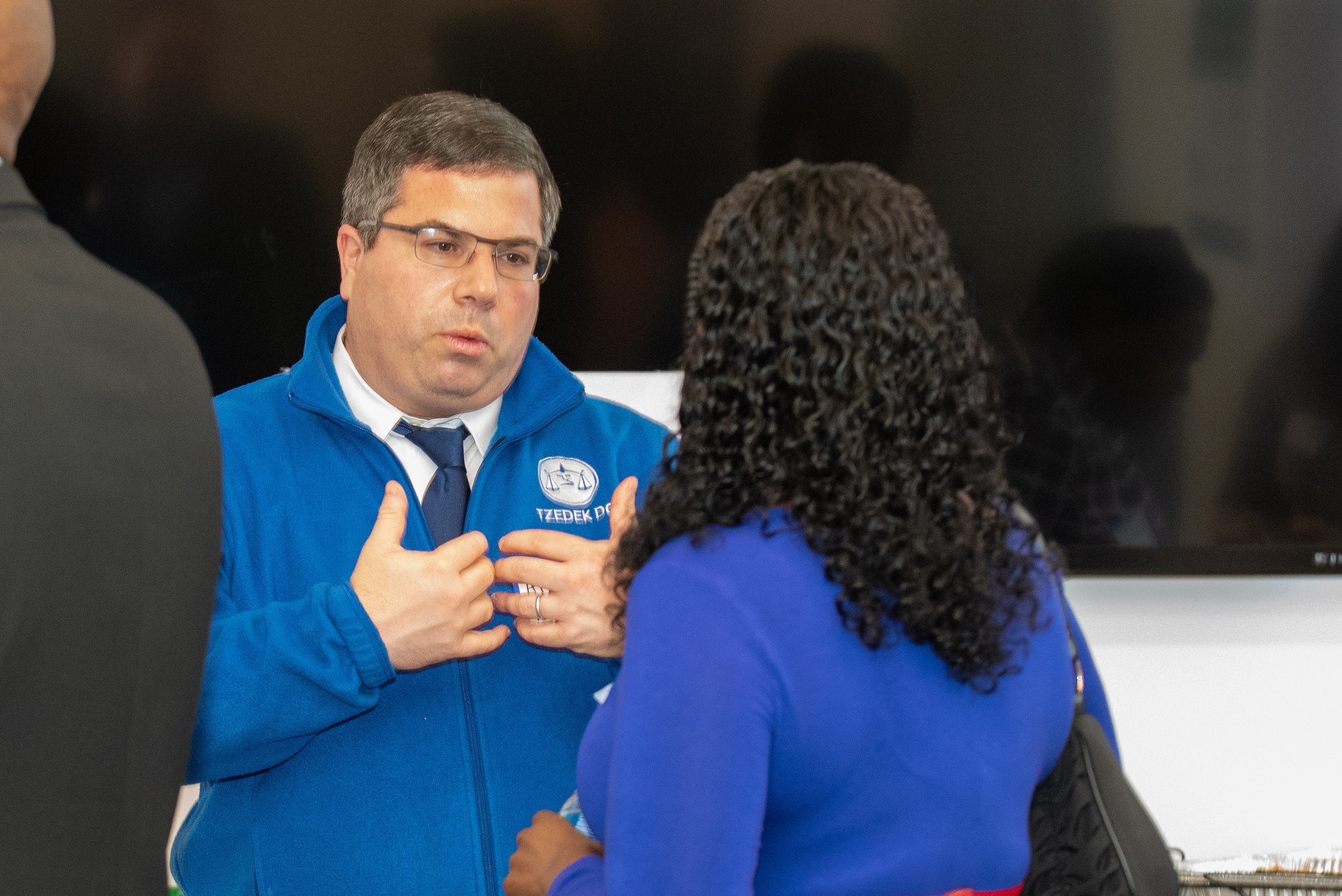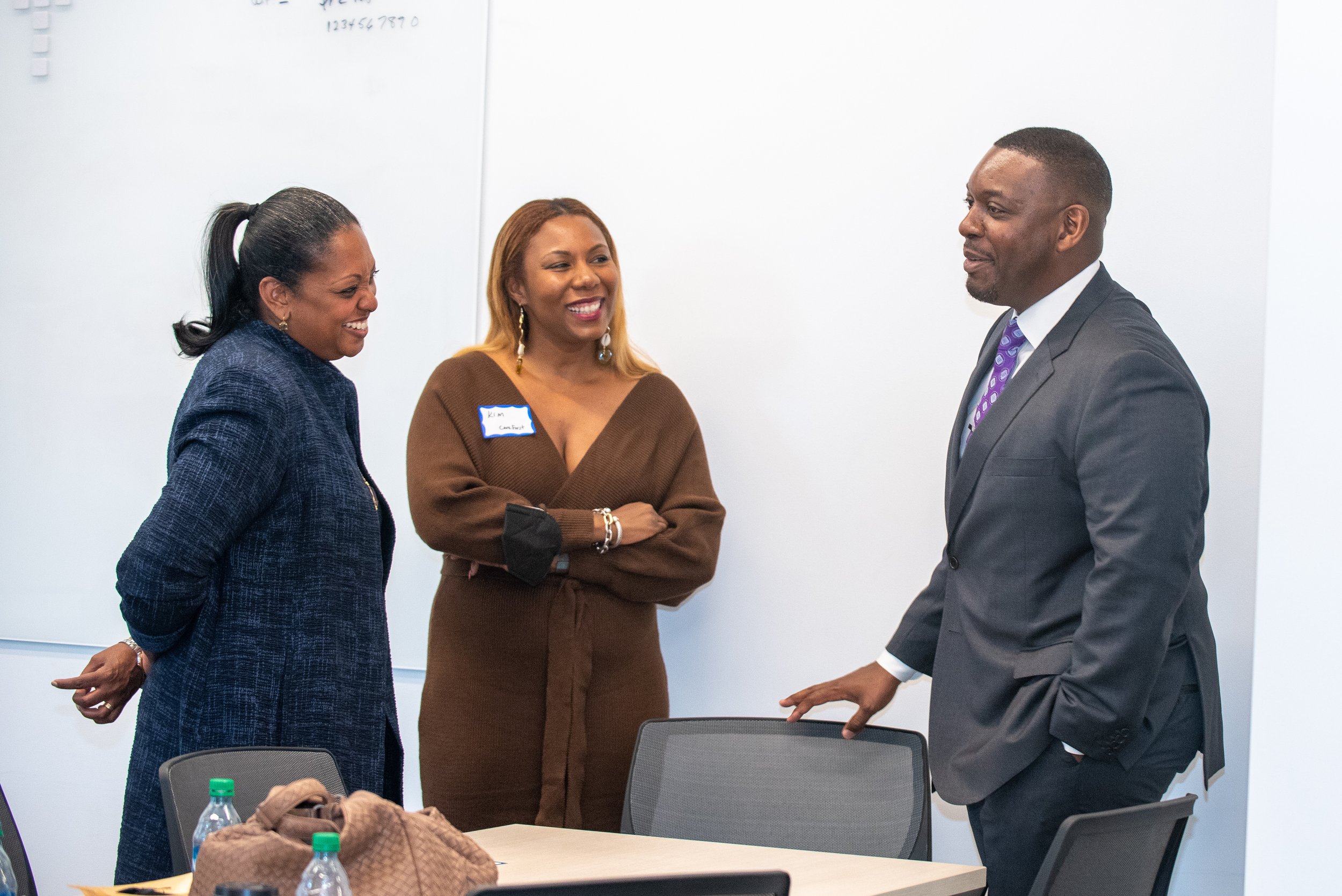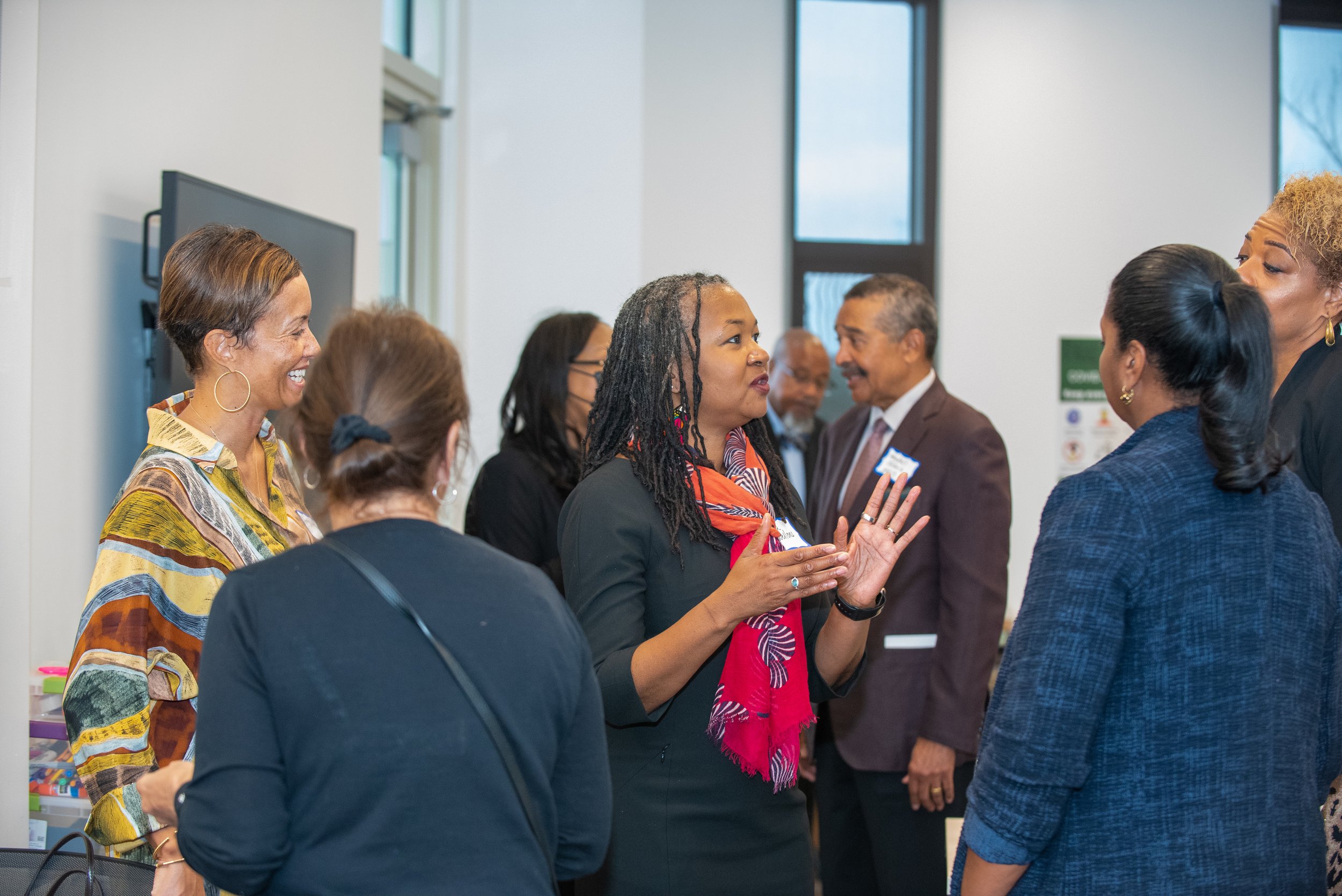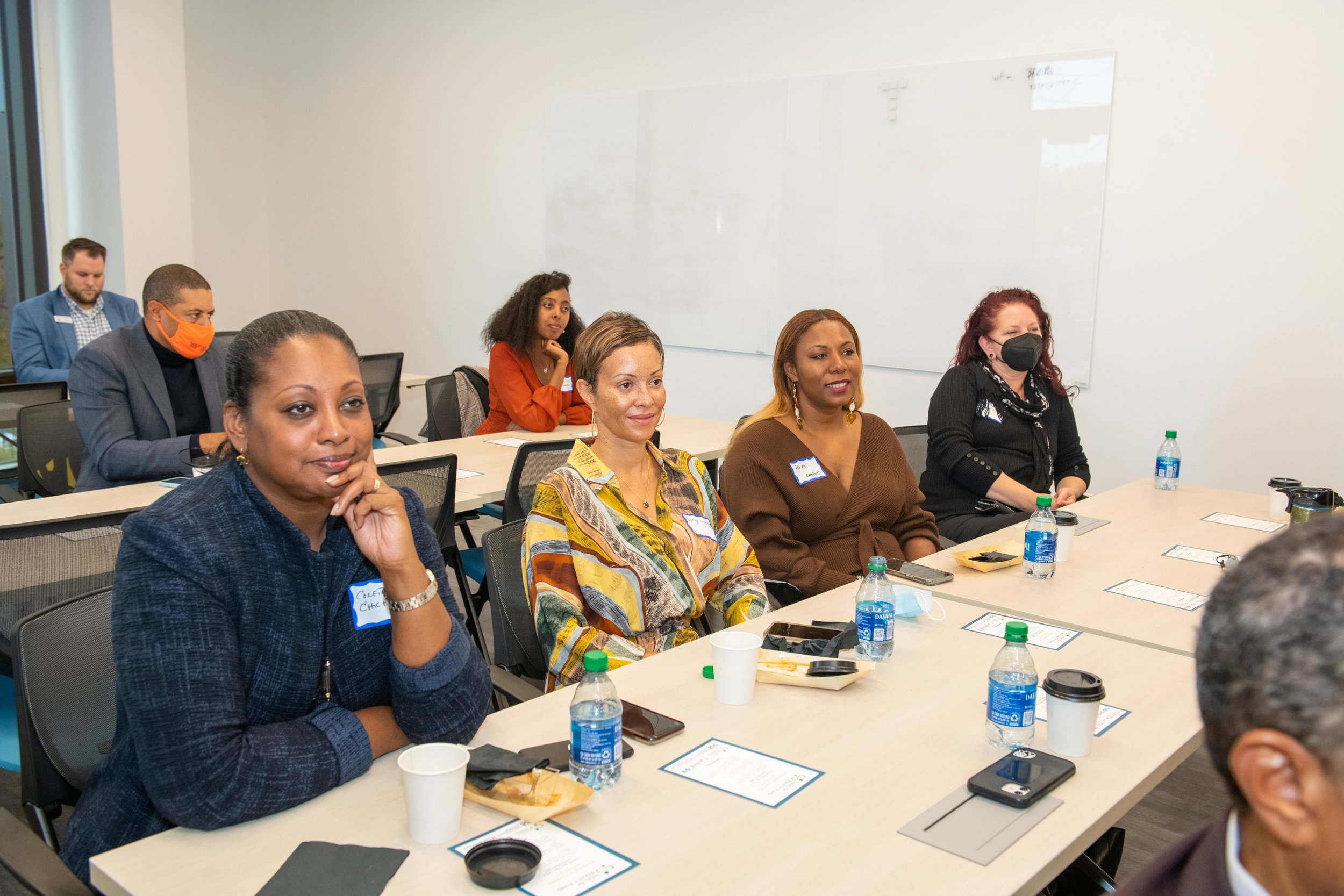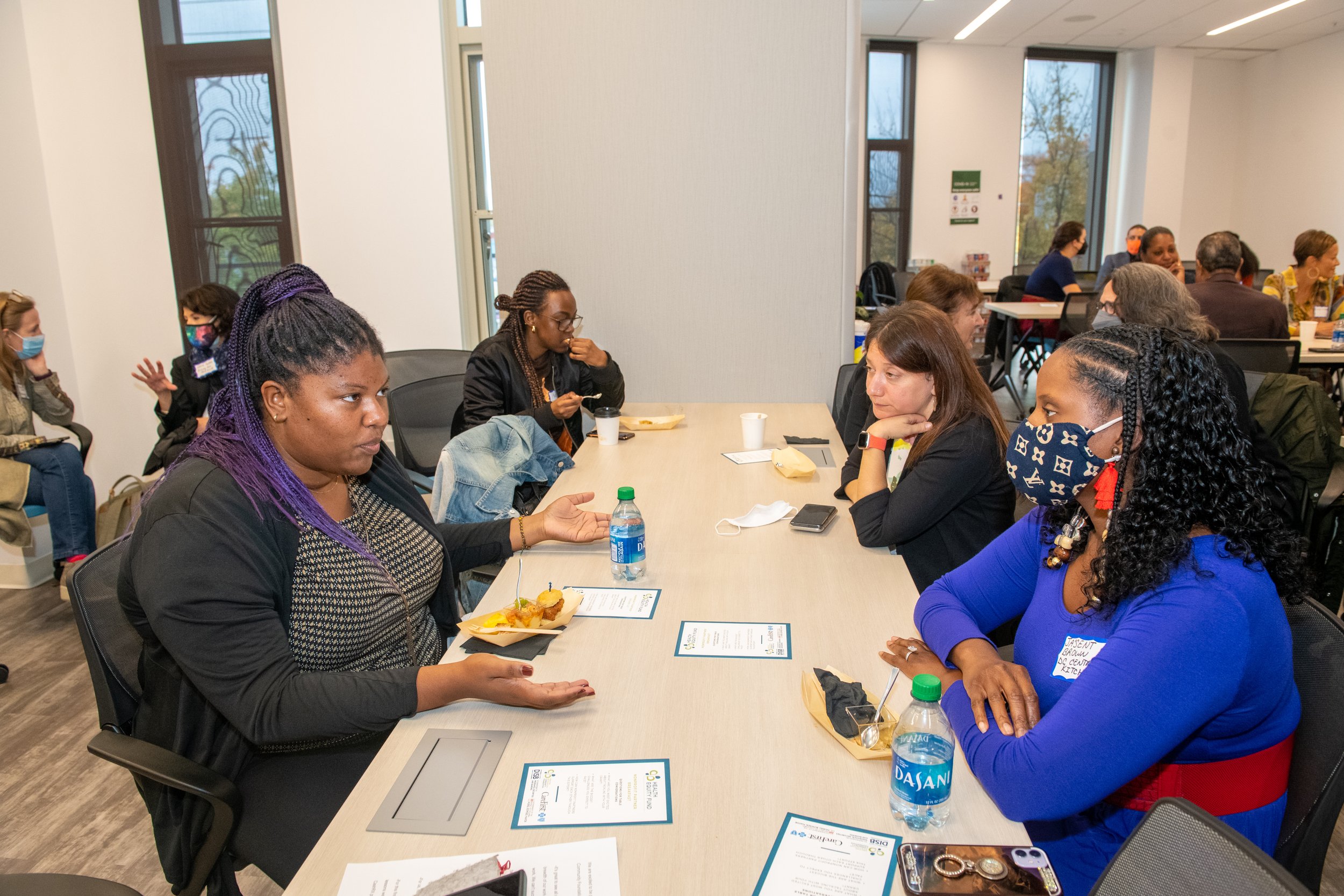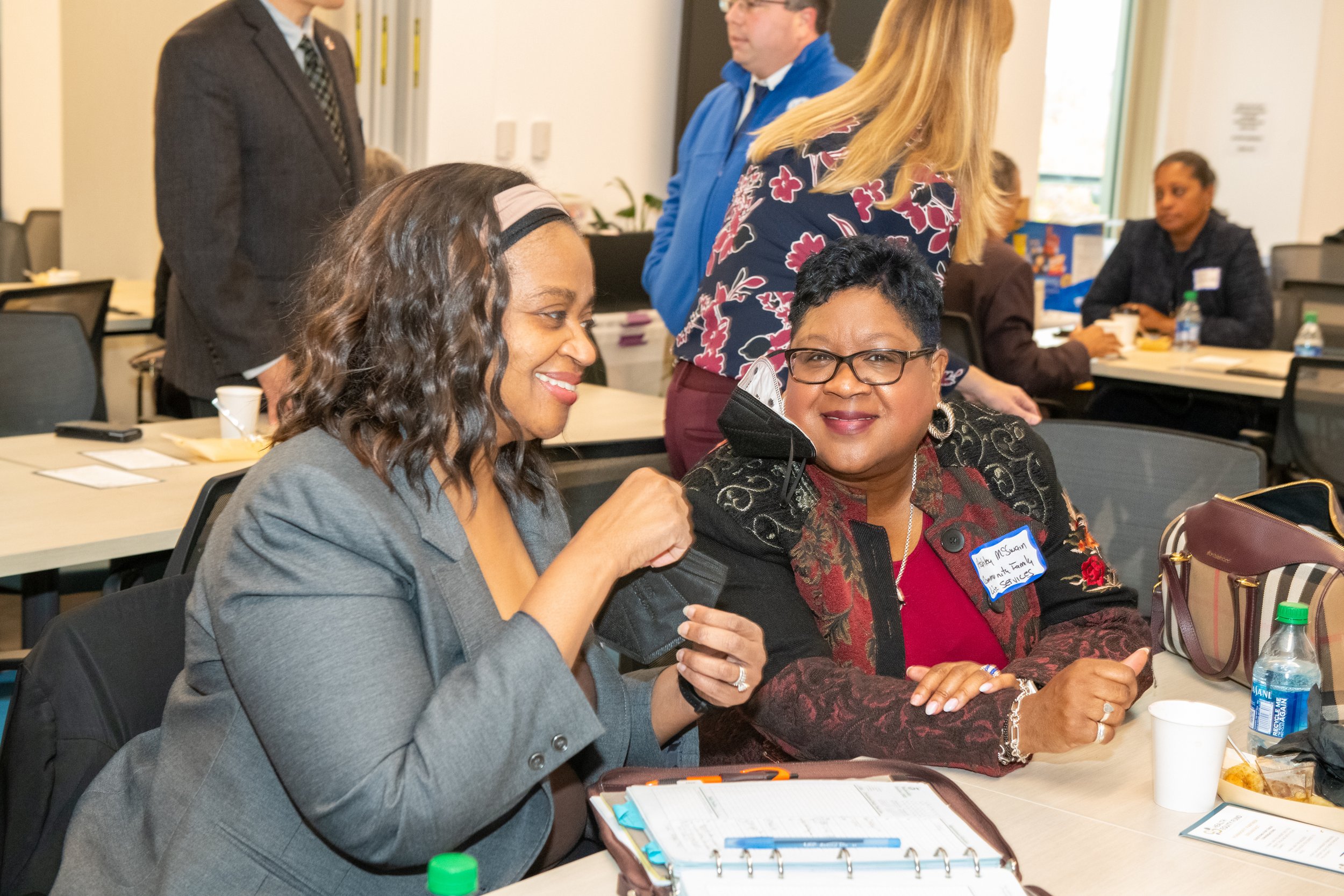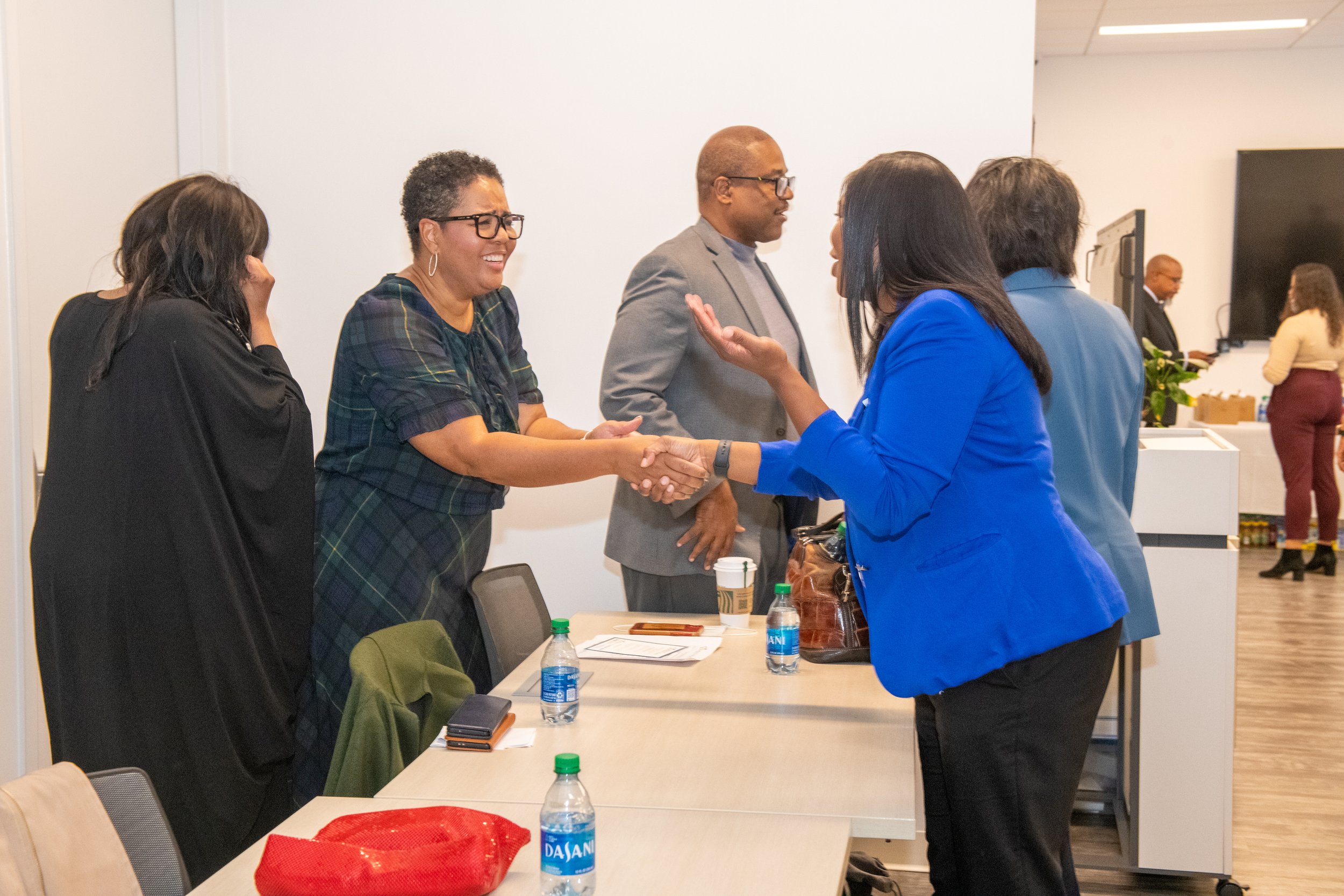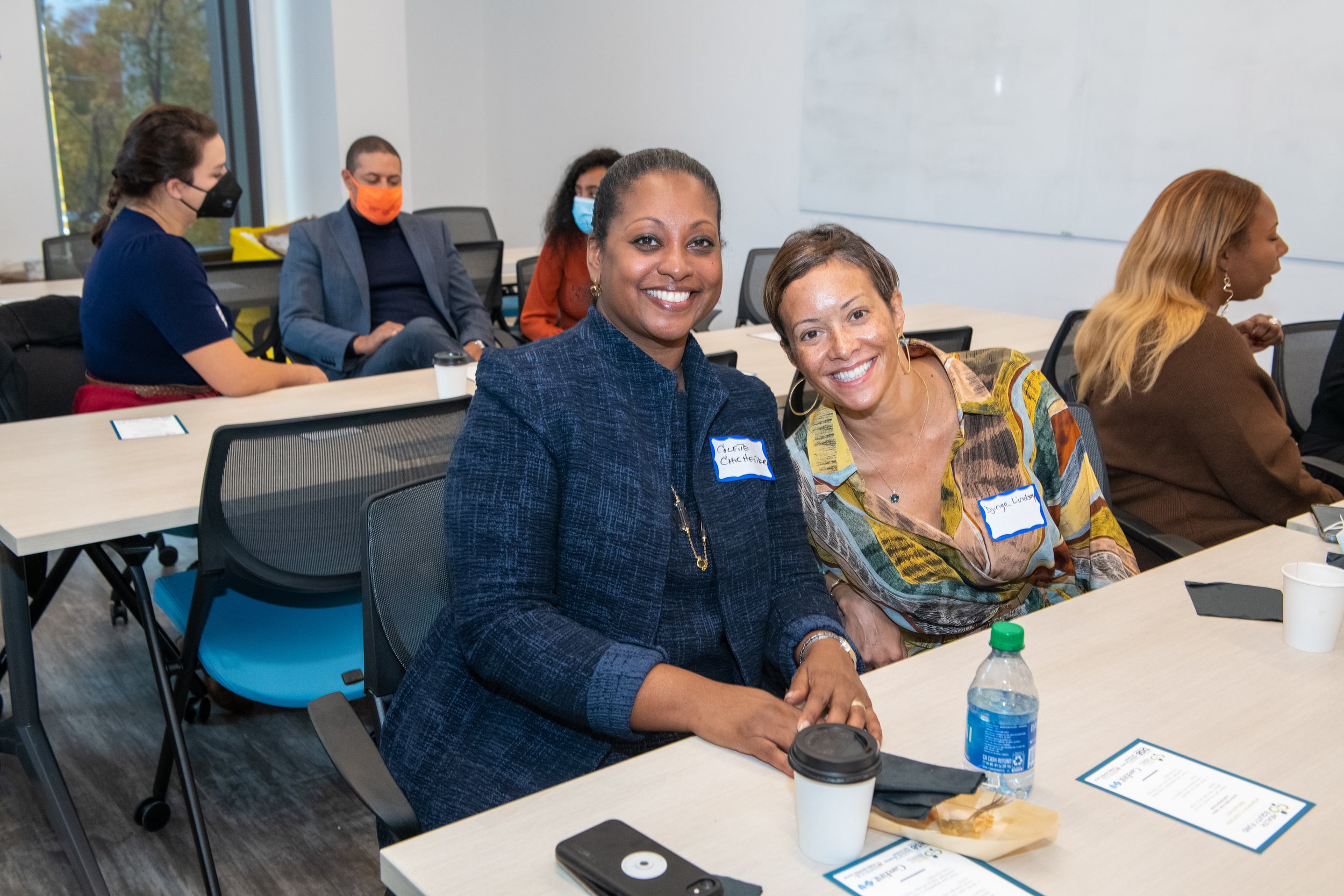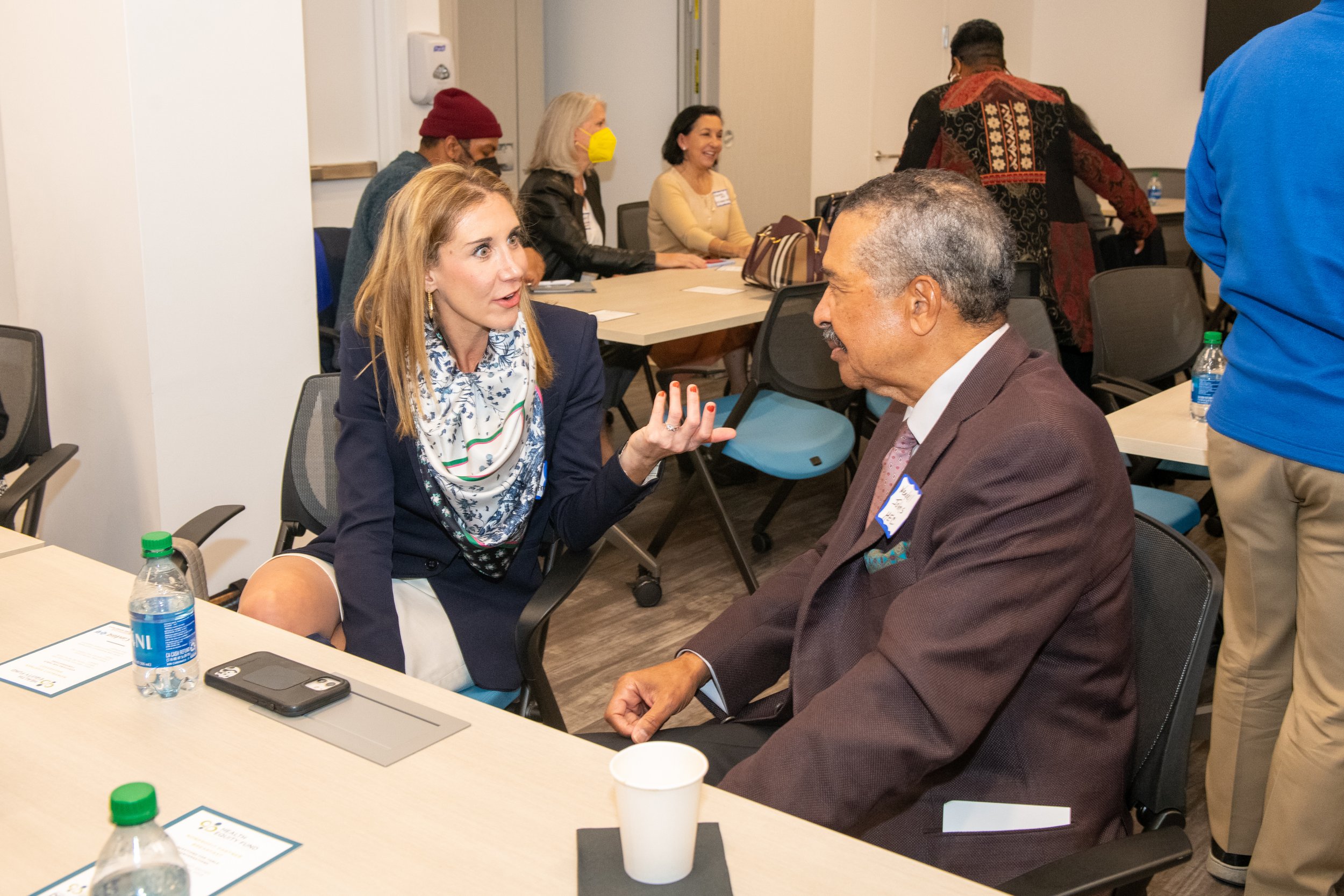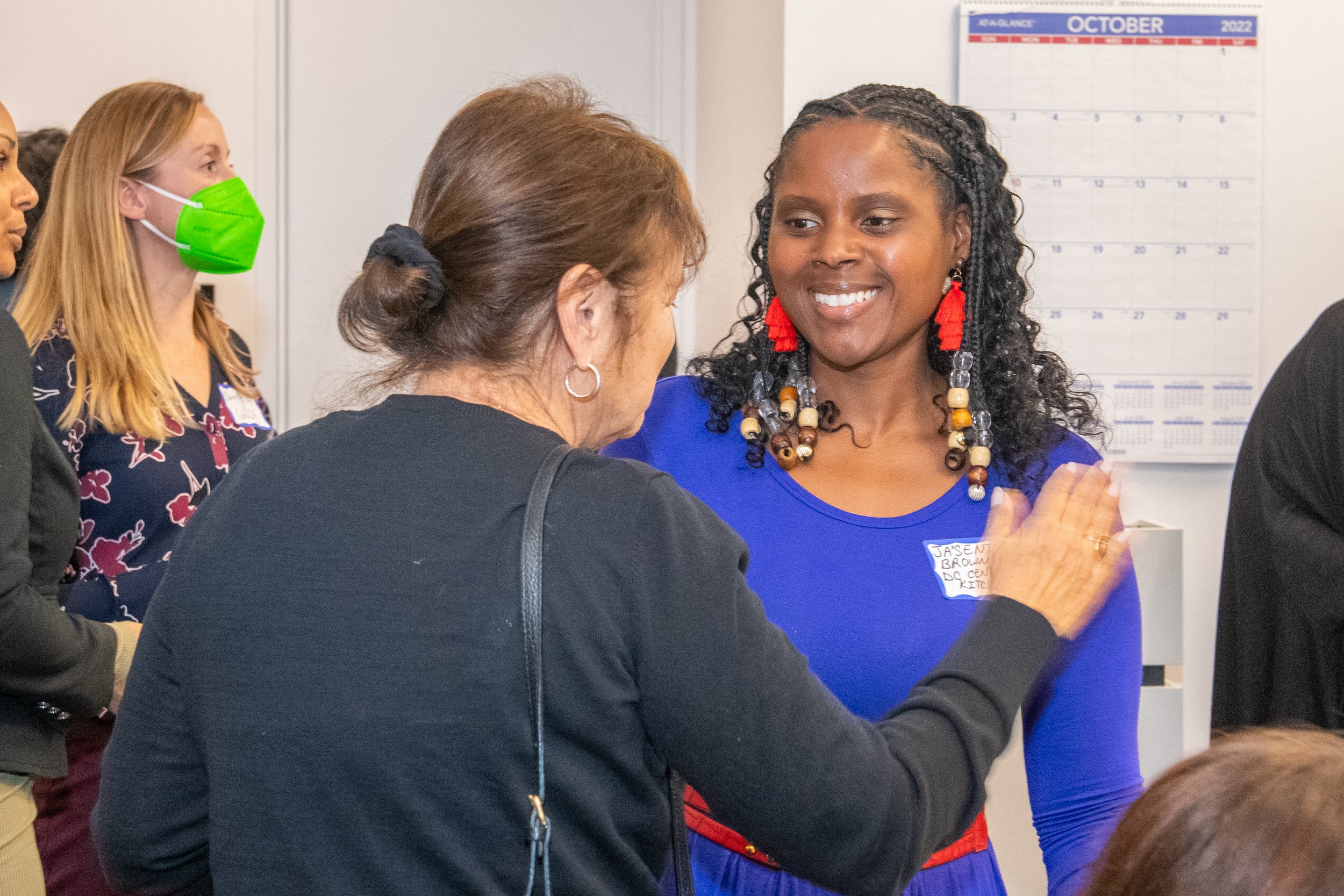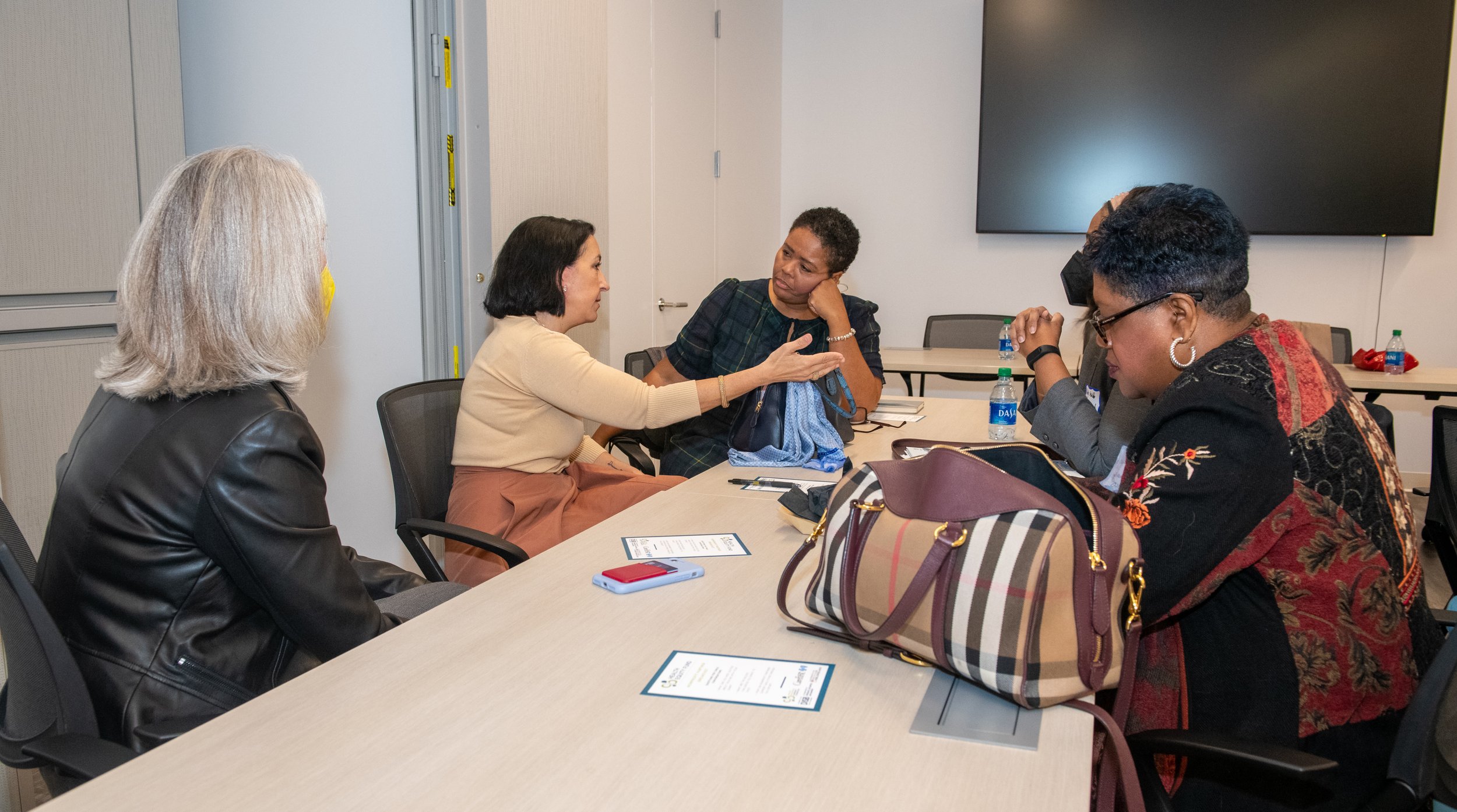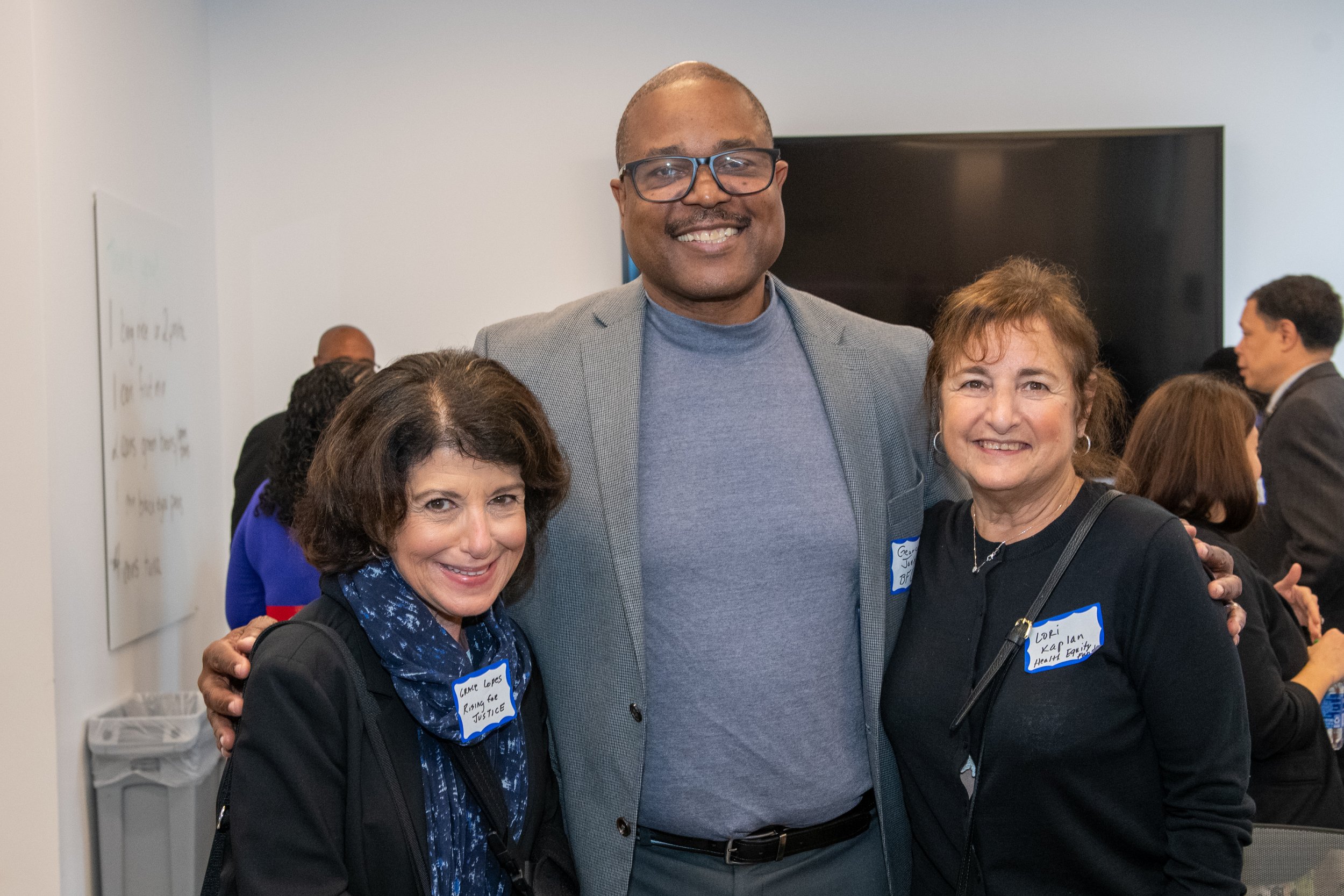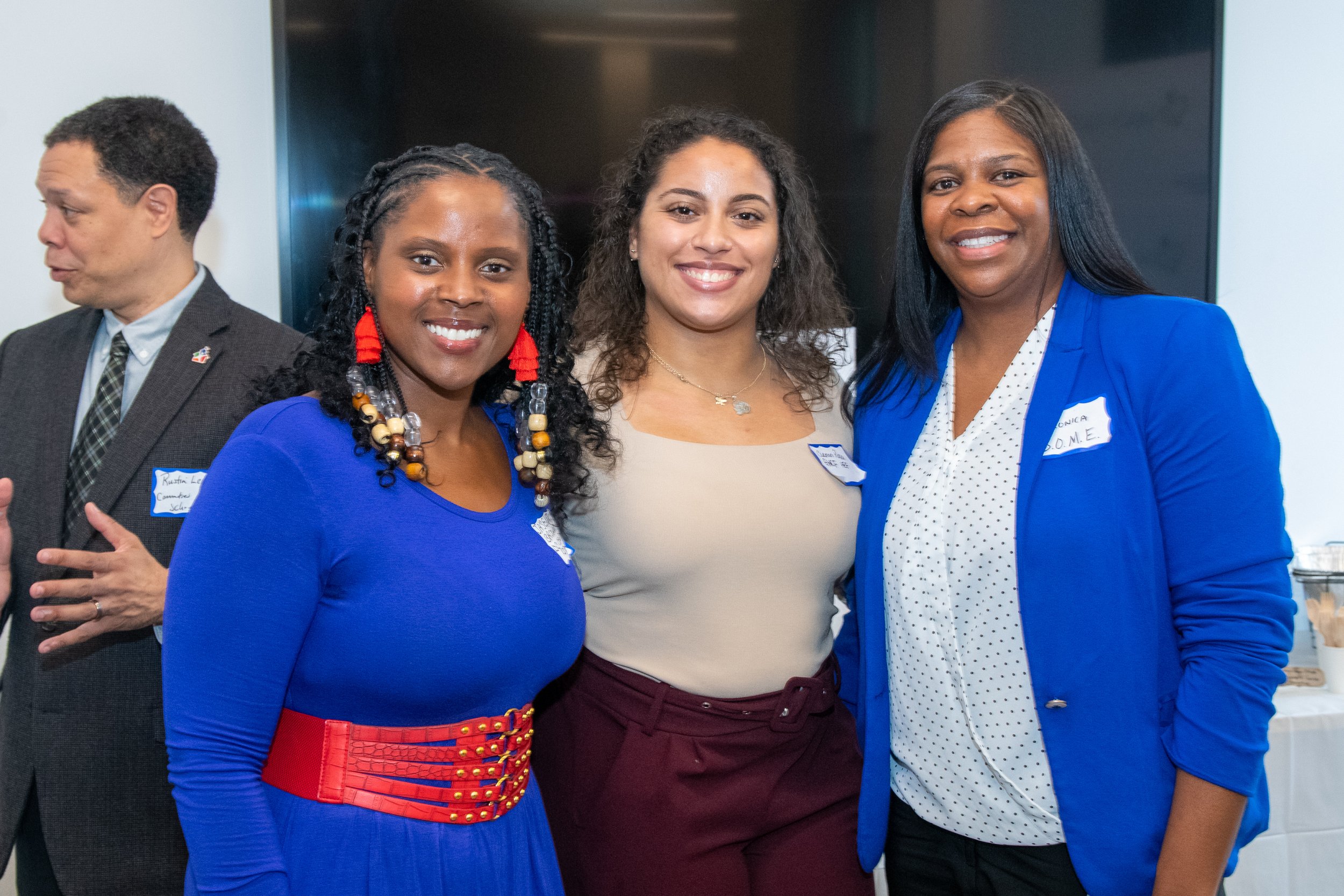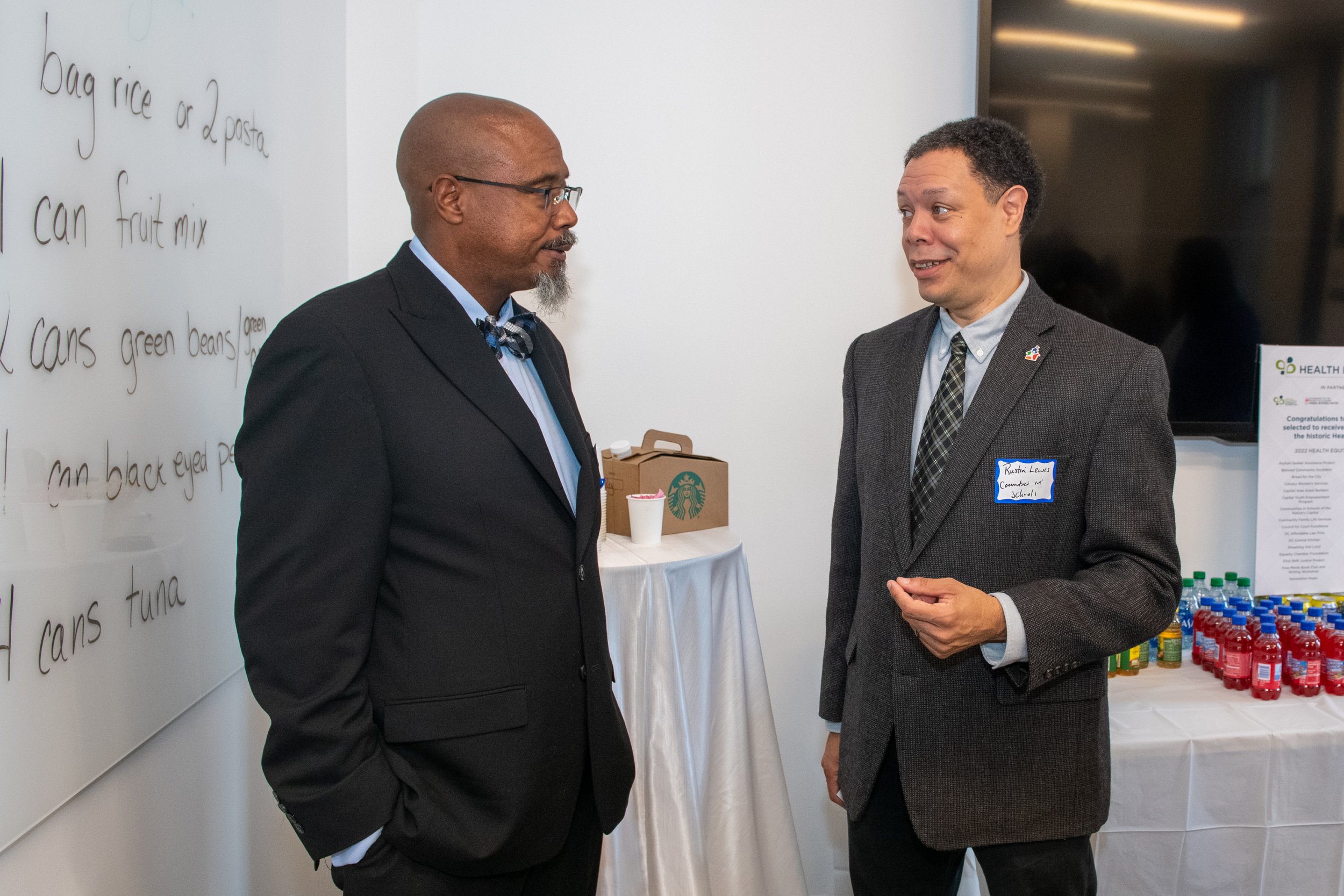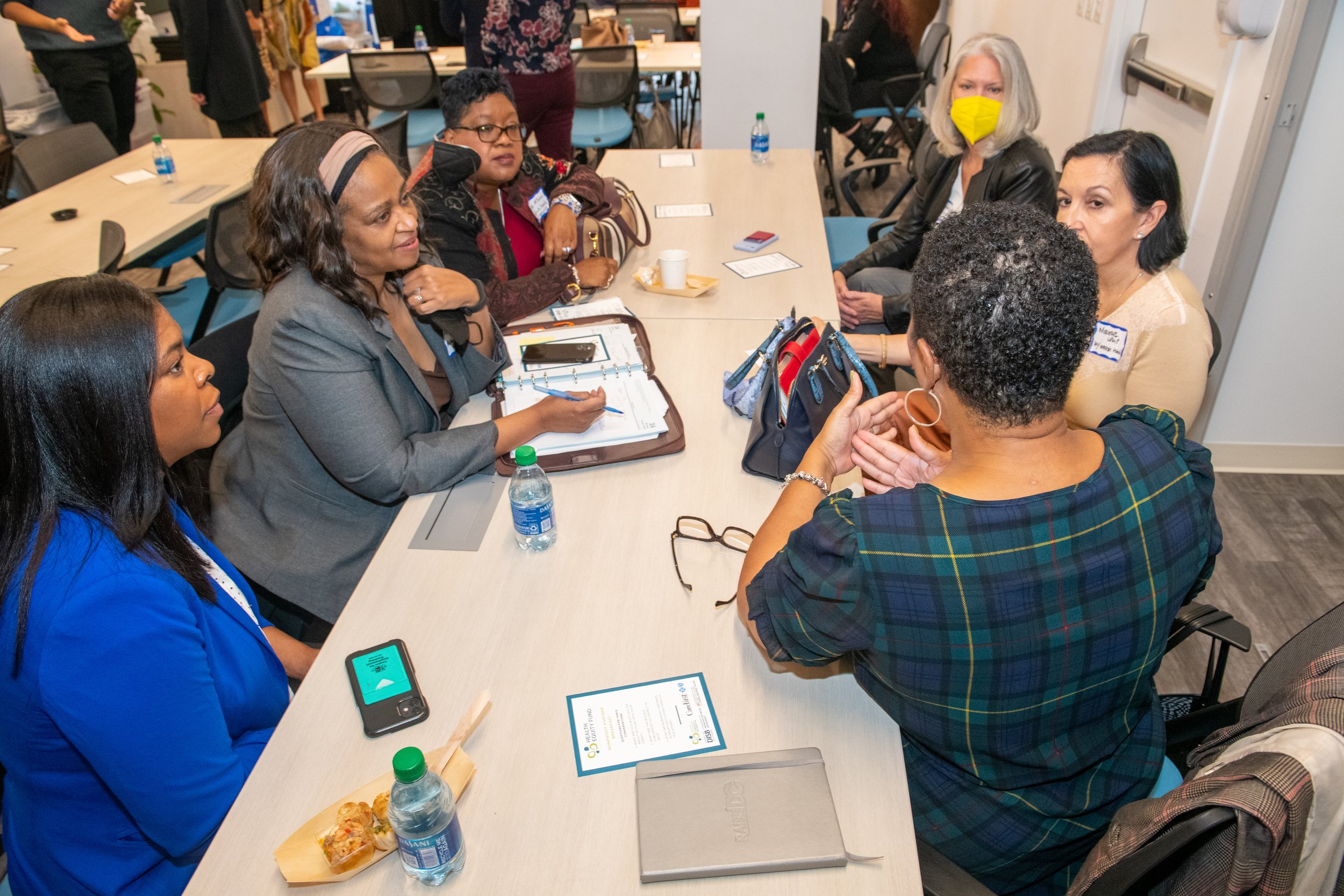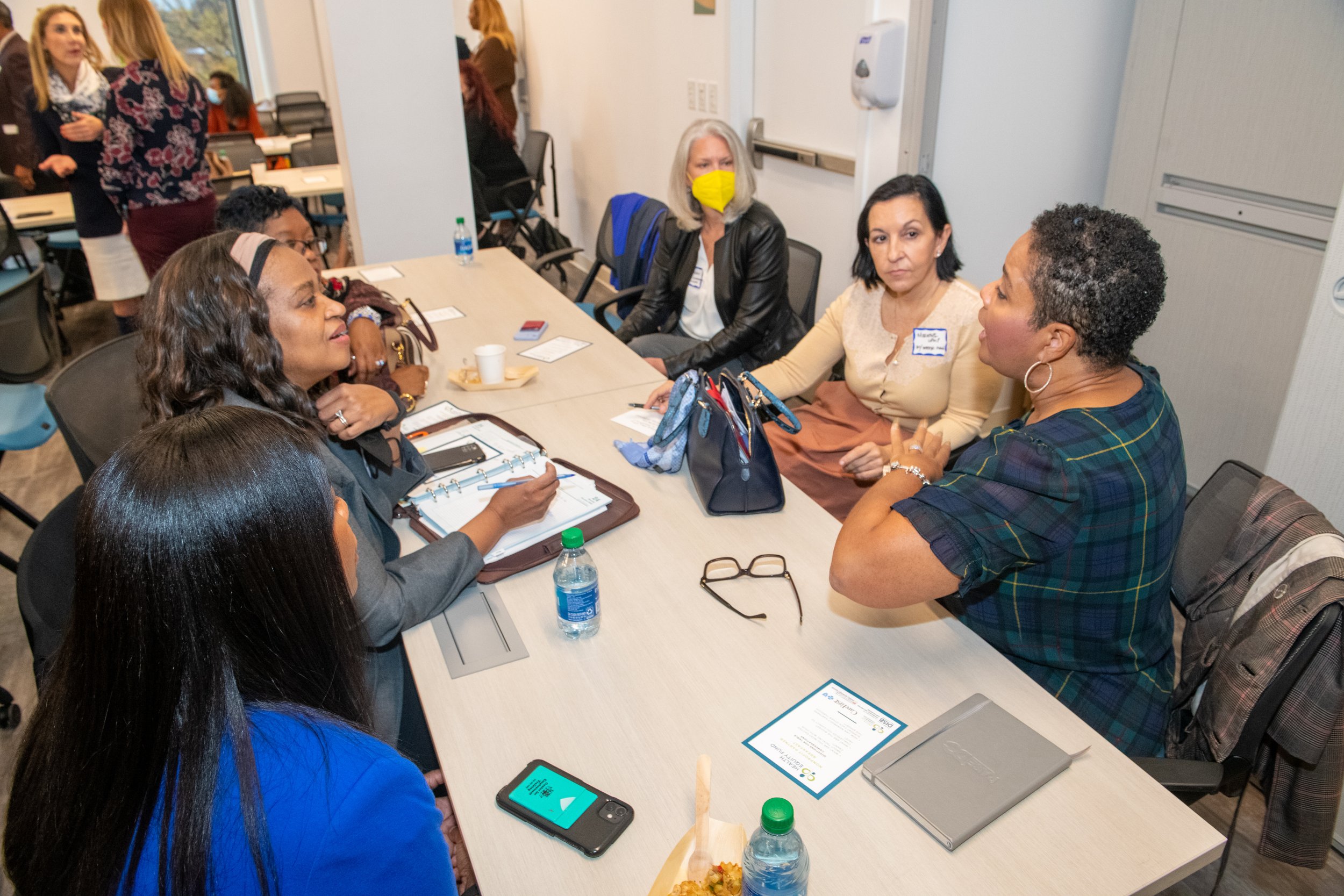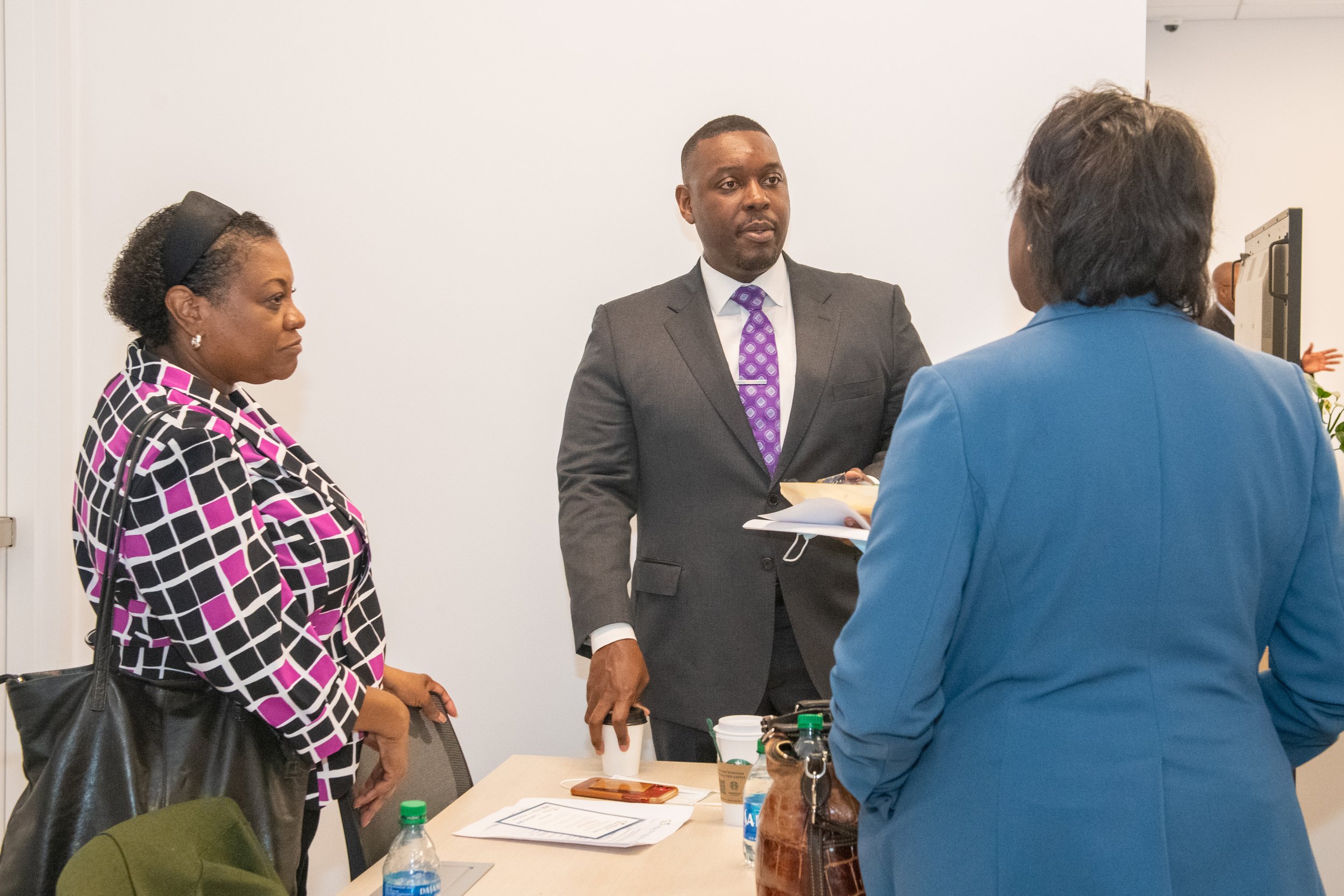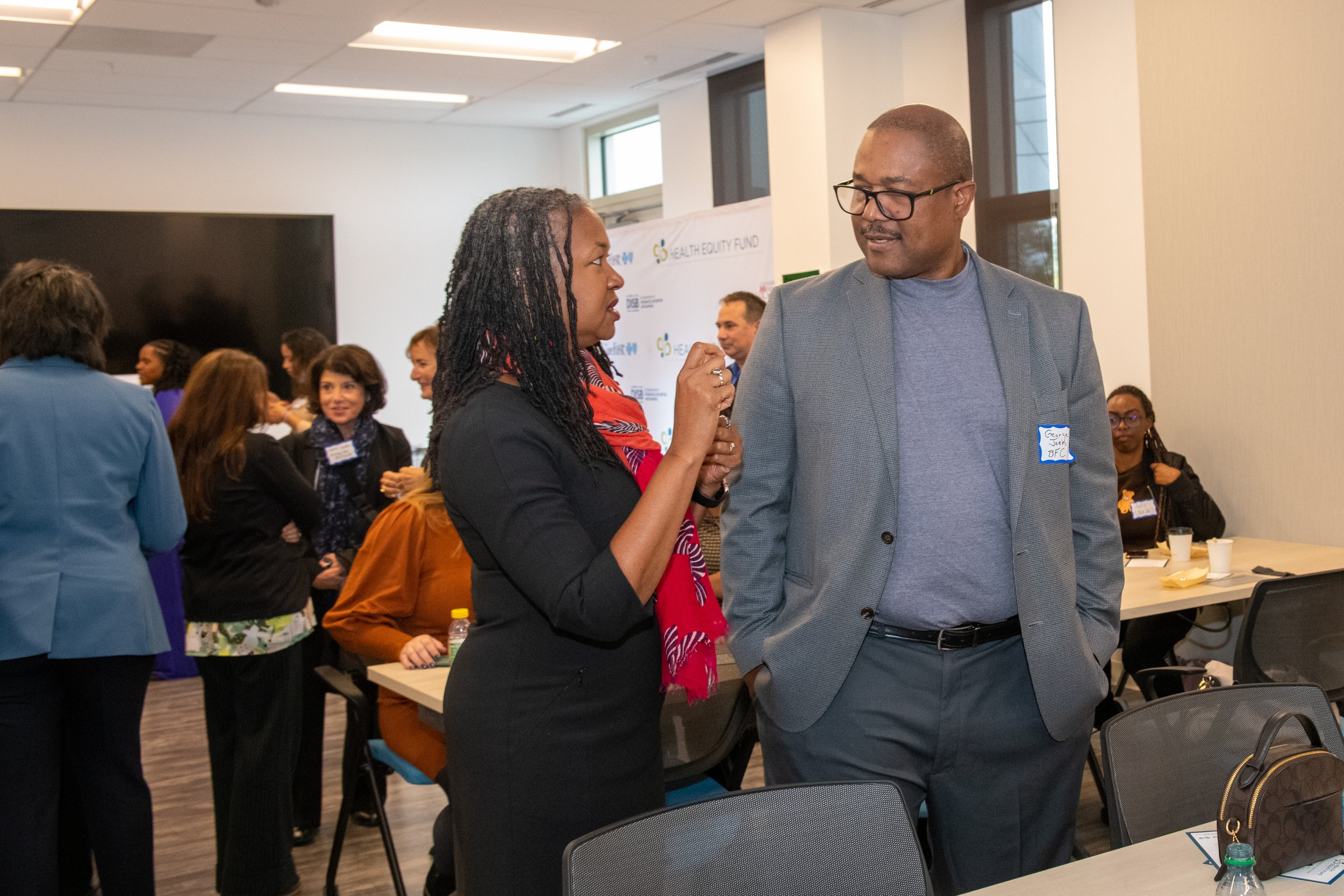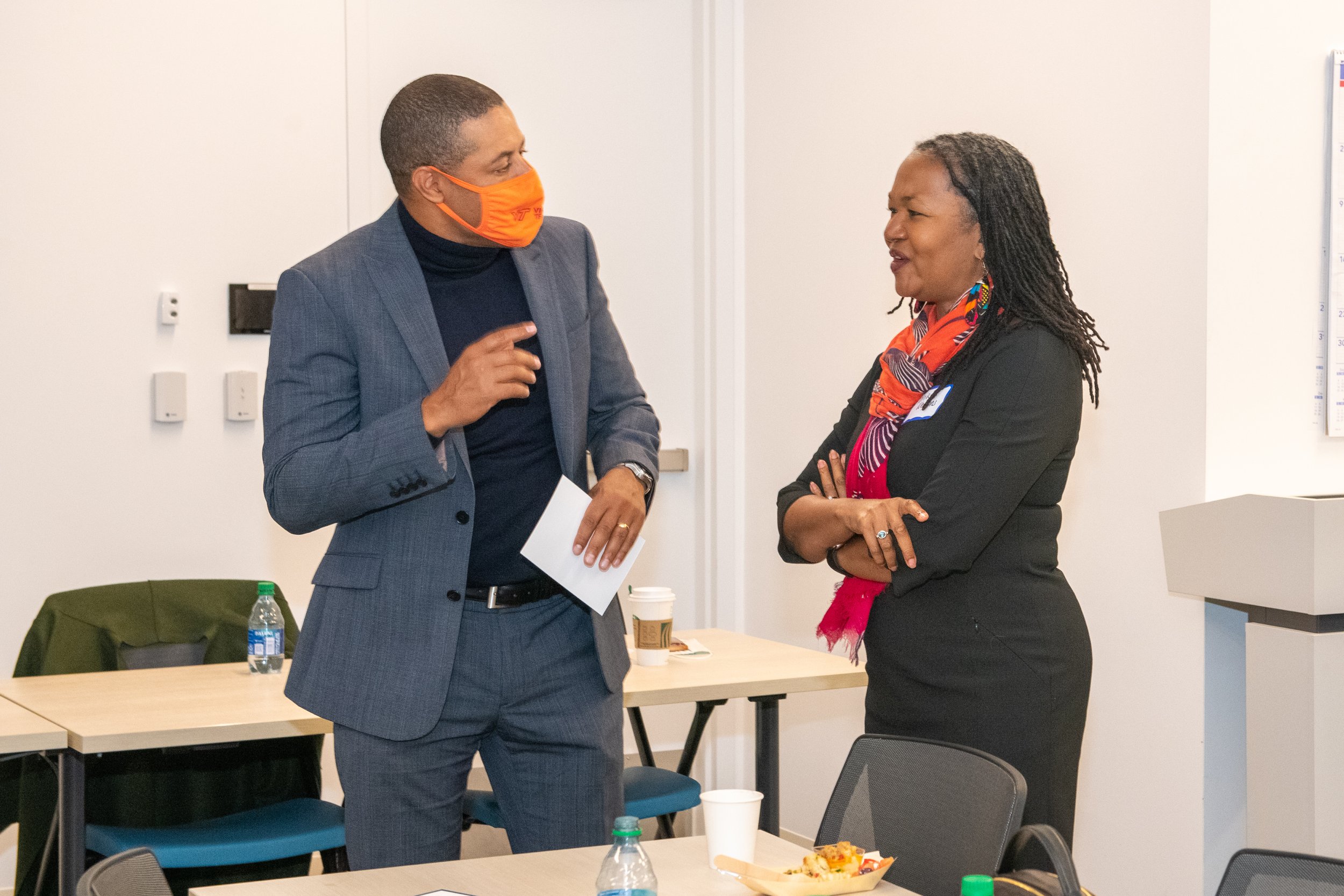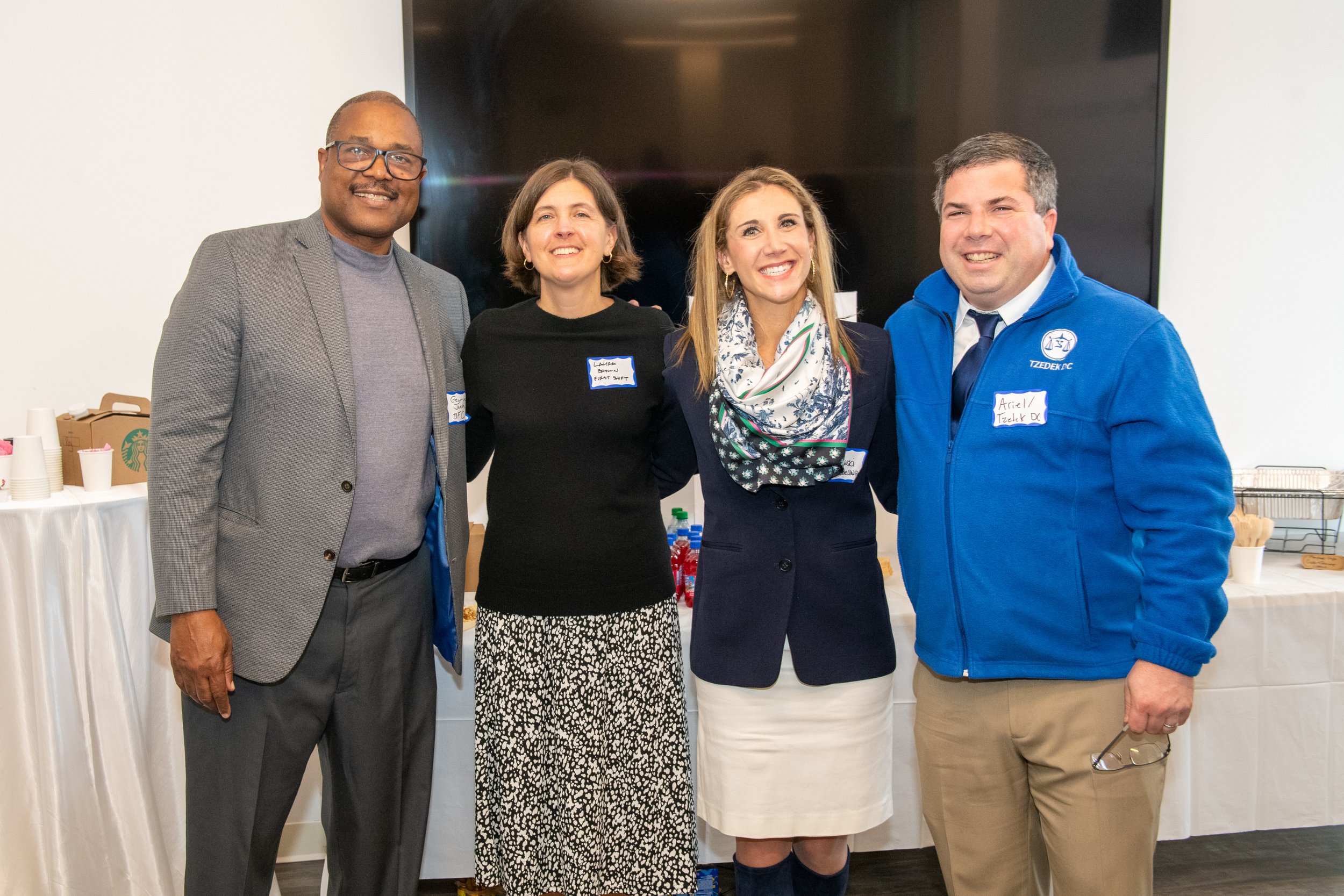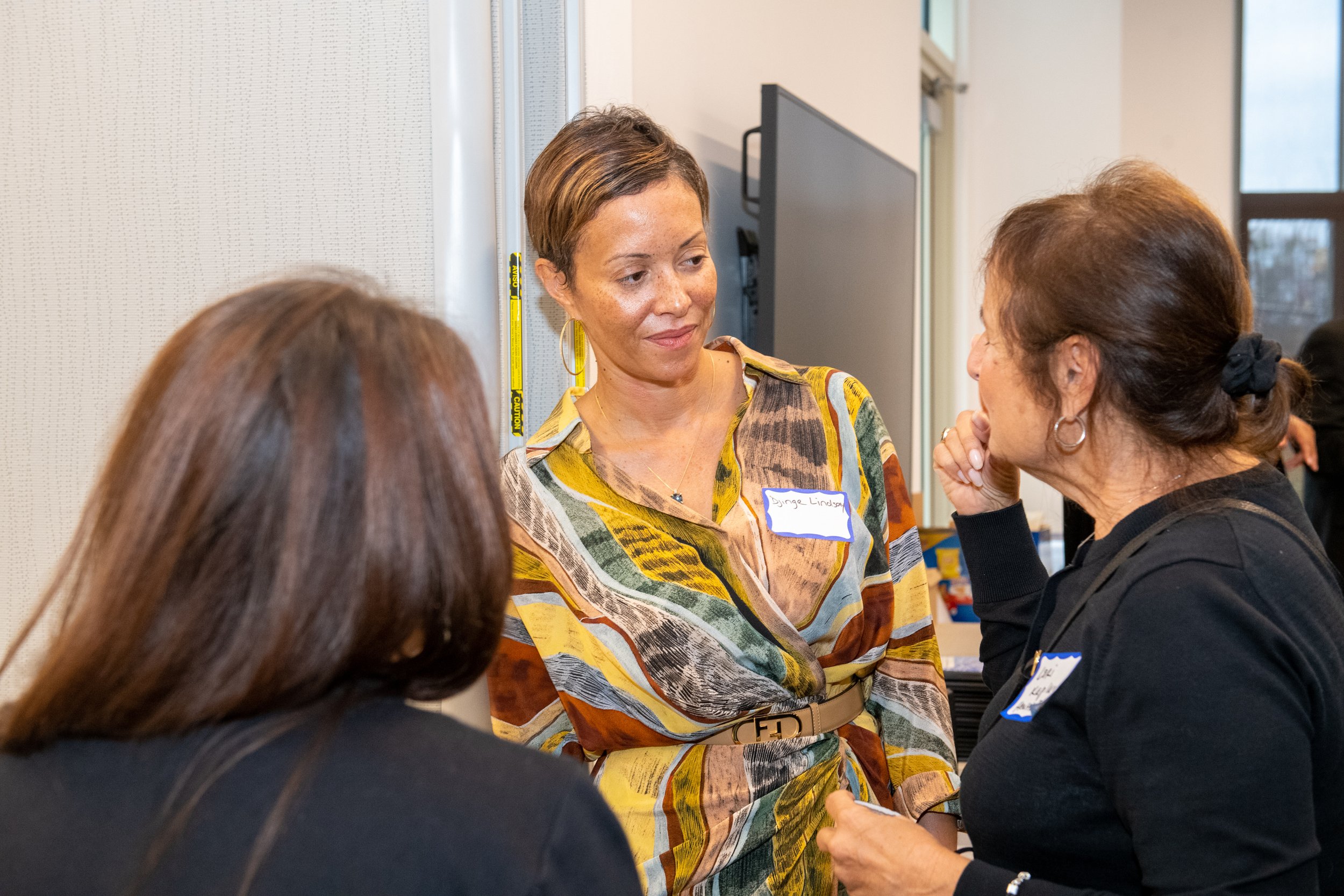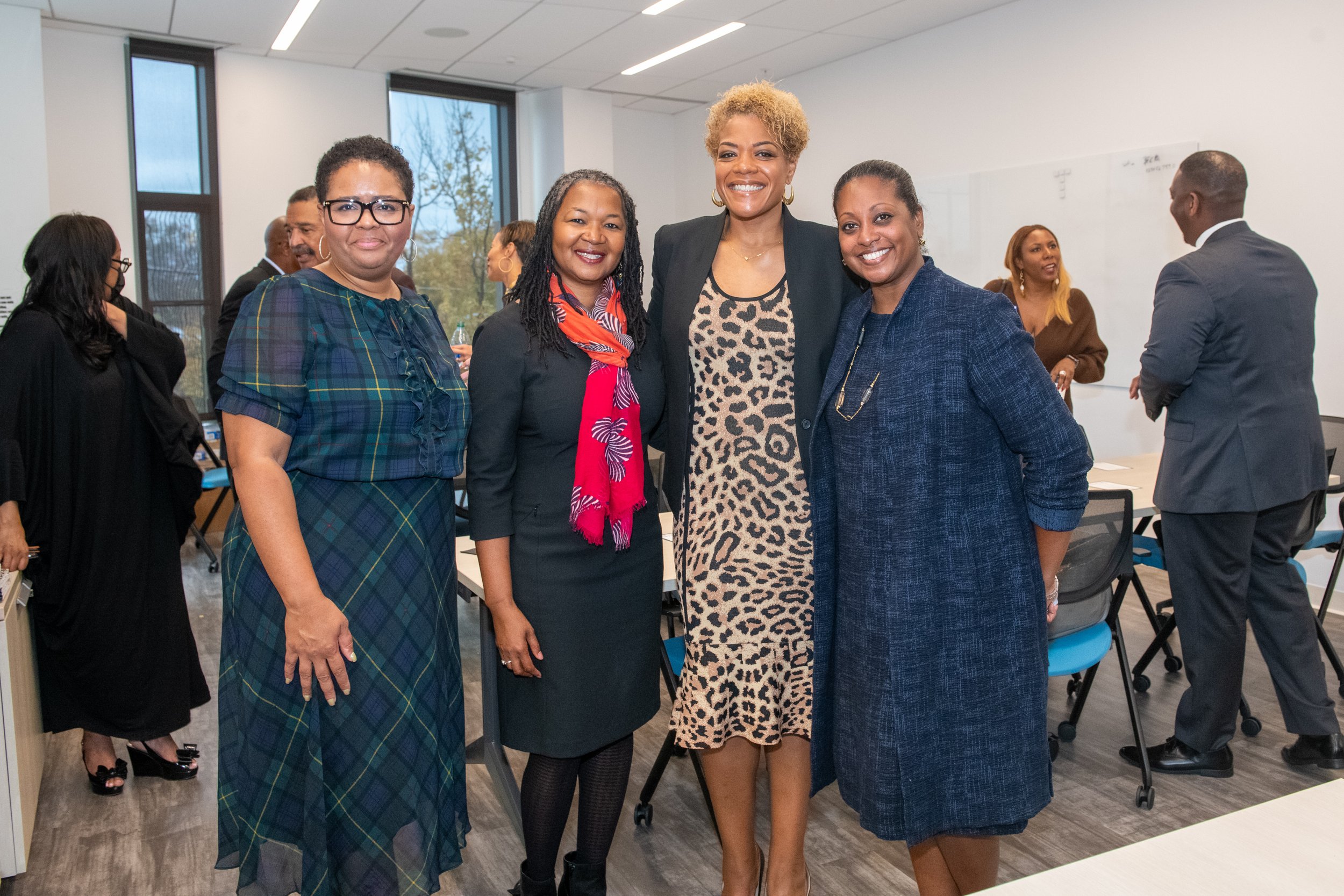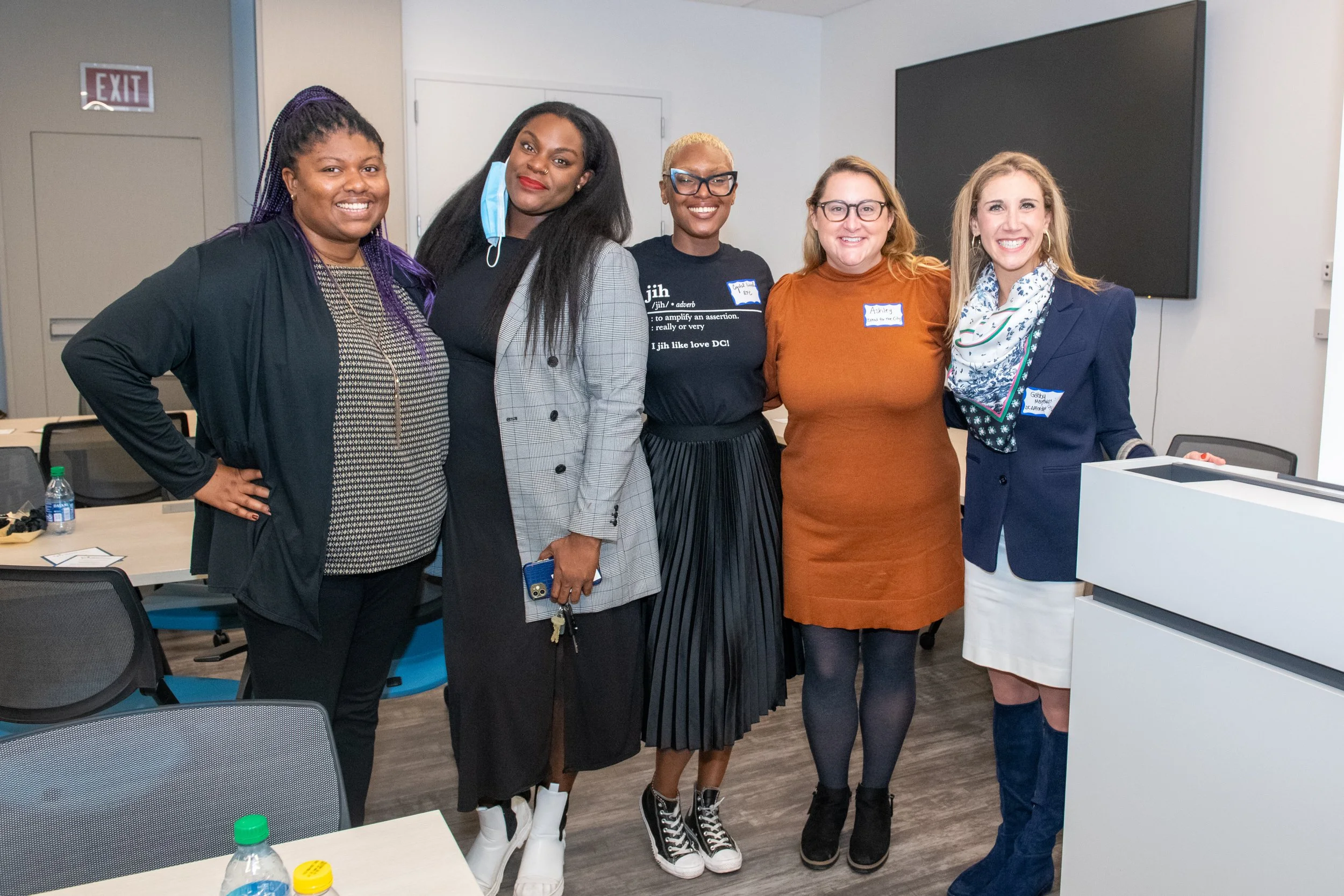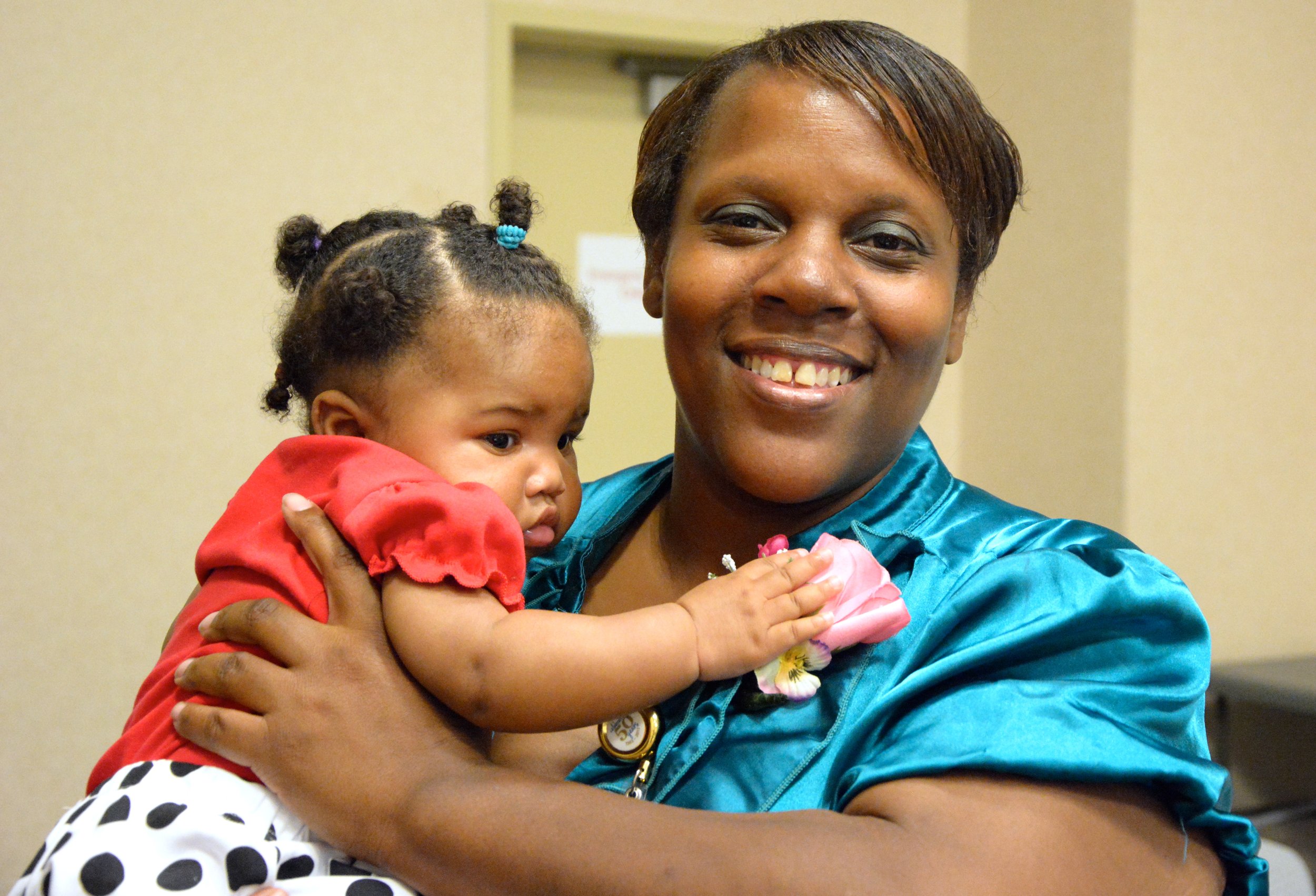Neighborhood & Built Environment (Housing) is one of the five social determinants of health, as identified by the US Department of Health and Human Services.
In DC, 80 percent of residents’ health outcomes are driven by socioeconomic factors, compared to just 20 percent driven by clinical care. Access to safe, quality, affordable housing – and to the supports necessary to maintain that housing -- constitute one of the most basic and powerful social determinants of health.
Research demonstrates that housing and health are inextricably linked:
Poor health is a major cause of homelessness. Chronic physical and behavioral health conditions can lead to loss of income and contribute to the loss of stable housing and episodes of homelessness.
Lack of stable housing makes people sick. People experiencing homelessness are at higher risk for infectious diseases, injuries due to accident or violence, the exacerbation of chronic physical conditions like diabetes, mental illness, or addiction, and death due to exposure. Homelessness has been found to “age” people up to 20 years beyond their chronological age.
Homelessness makes it harder to heal. Homelessness complicates efforts for health professionals to successfully treat chronic conditions, illnesses, and injuries. Discharging a patient from a hospital to a safe and stable environment is critical for proper wound care, compliance with recommended treatments and medication regimes, and access to healthy foods and a place to rest and recuperate.
The Partnership to End Homelessness knows that housing is healthcare and that housing increases economic mobility. Access to quality, affordable, supportive housing can prevent illnesses and help successfully treat health conditions
The Partnership works to increase health equity and improve health outcomes for DC residents through its investments in the development and preservation of housing that is affordable to households with extremely low incomes, including Permanent Supportive Housing (PSH). PSH is an evidence-based practice that combines permanent affordable housing with comprehensive support services for people who have experienced chronic homelessness.
Through its direct grantmaking and impact investing programs, the Partnership supports the creation of housing for extremely low-income households.
One example of this work is a recent project from Jubilee Housing. The EucKal apartments will create a combined 50 units of housing that will be affordable to very low-income individuals and residents of permanent supportive housing. This project was made possible through a $500,000 recoverable grant from The Community Foundation to support Jubilee Housing’s development of PSH and other housing investments. In addition to the EucKal project, this funding was also leveraged to purchase four buildings in Adams Morgan and Columbia Heights to create 120 new units of housing for residents with low incomes. Jubilee plans to further expand its reach by creating housing to serve families, returning citizens, and individuals exiting homelessness. The organization hopes ultimately to provide housing to approximately 317 individuals annually, across 102 permanent units and 18 single room occupancy units.
Learn more about The Community Foundation’s Impact Investing Programs
Enterprise Community Loan Fund Impact Note
In partnership with Enterprise Community Loan Fund, the Partnership offers an Impact Note - an impact investing option for donors seeking to make a difference in the housing space. To date $14.8 million has been invested through this initiative, which has been leveraged to create and preserve 482 homes affordable to low-income households making less than 50% of the area median income. Projects have also included 96 units with supportive services and 192 units serving senior residents. Check out our 2022 Enterprise Community Loan Fund Impact Report to learn more about our investments and impact.
To learn more about how the Partnership’s investments in ending homelessness improves health outcomes for DC residents, contact Jennifer Olney at [email protected] or Silvana Straw [email protected].







